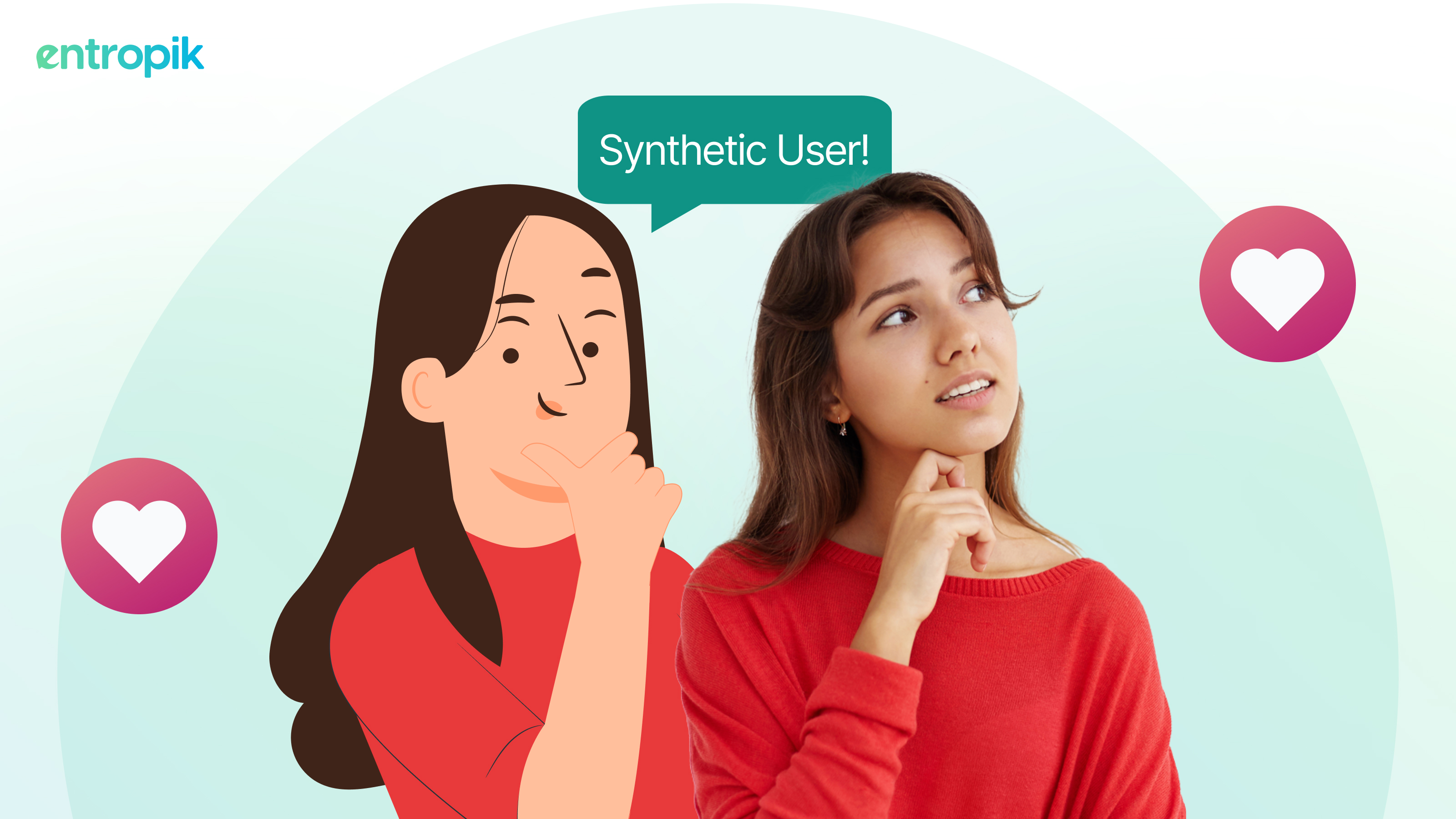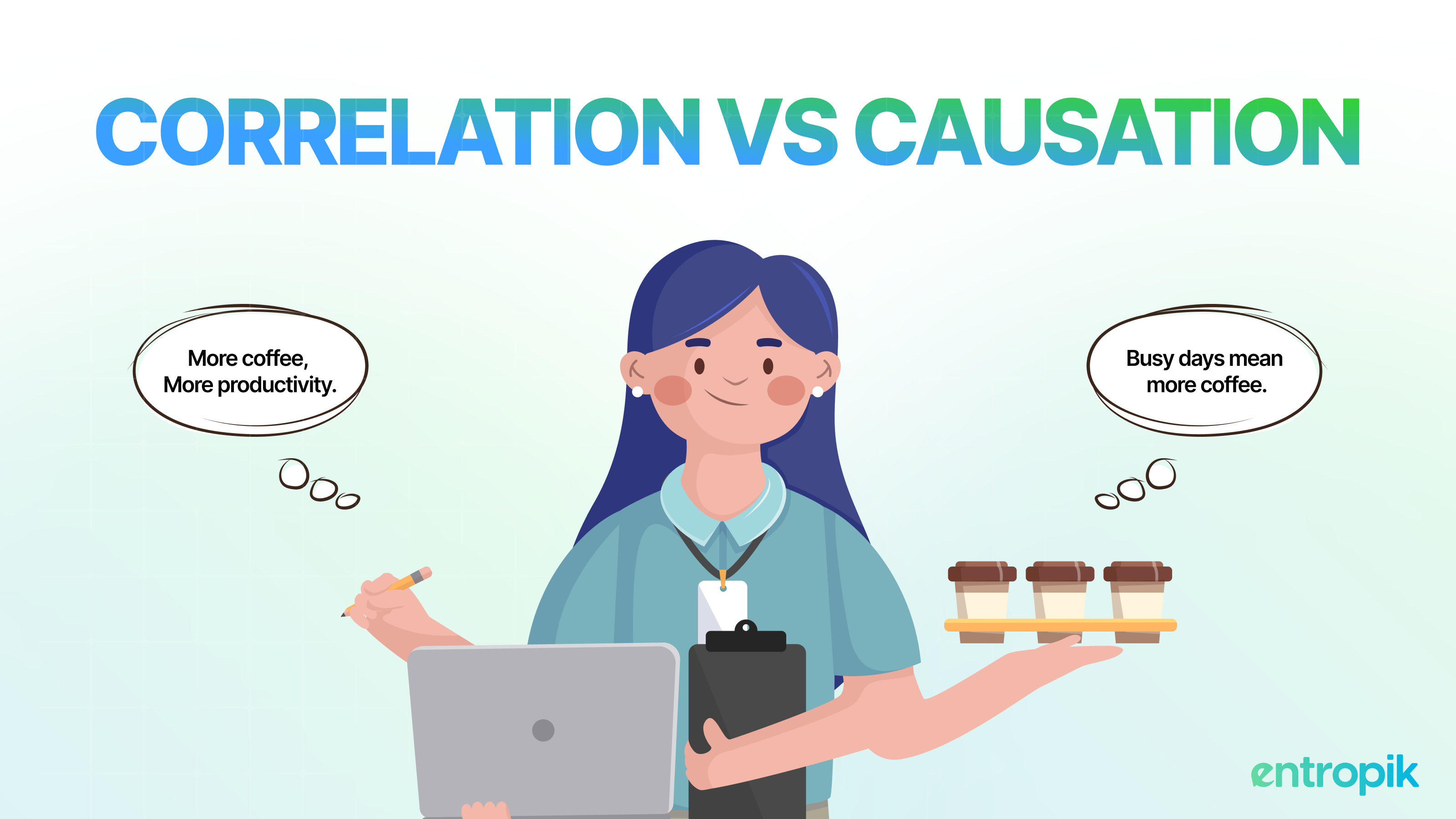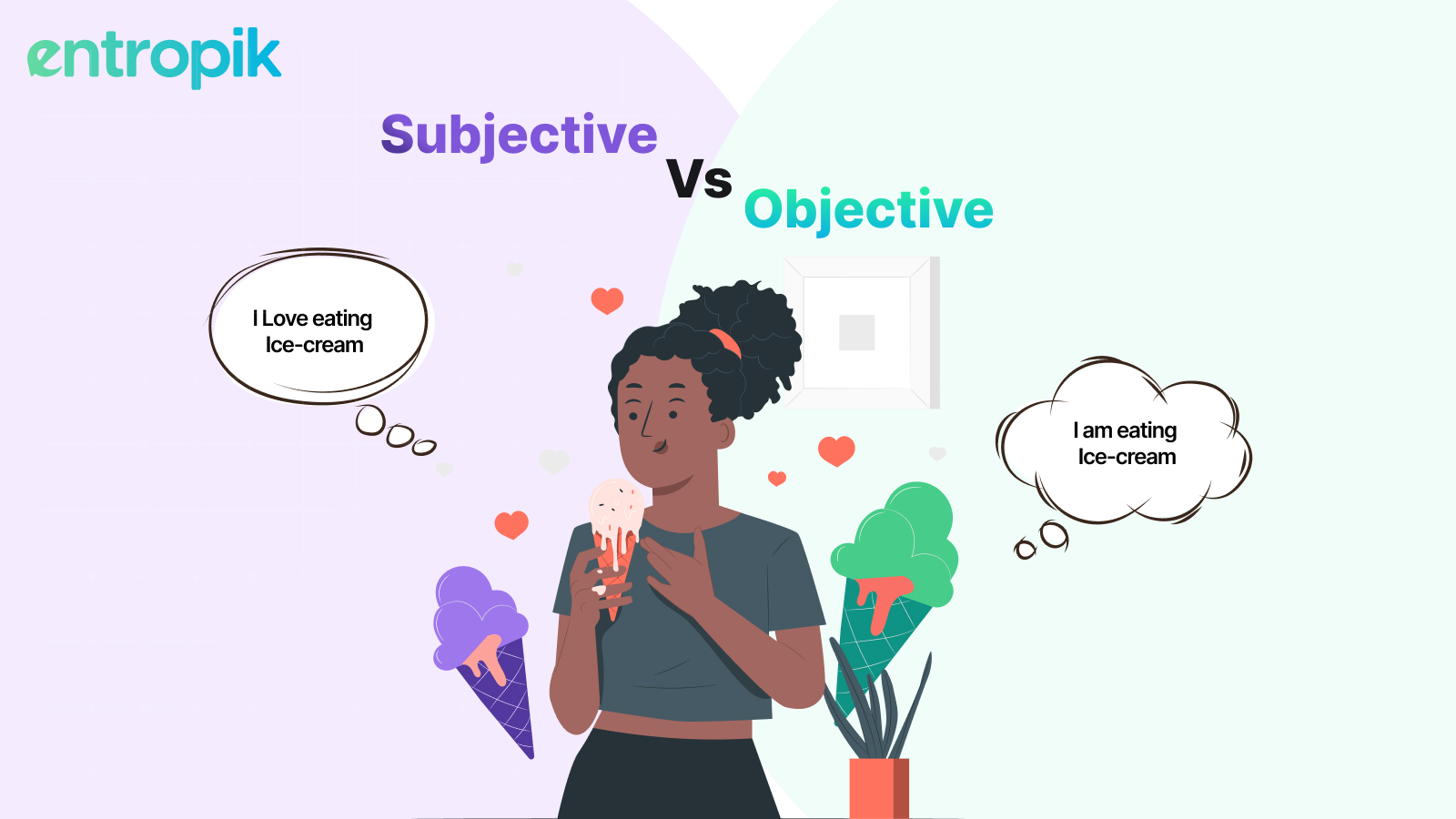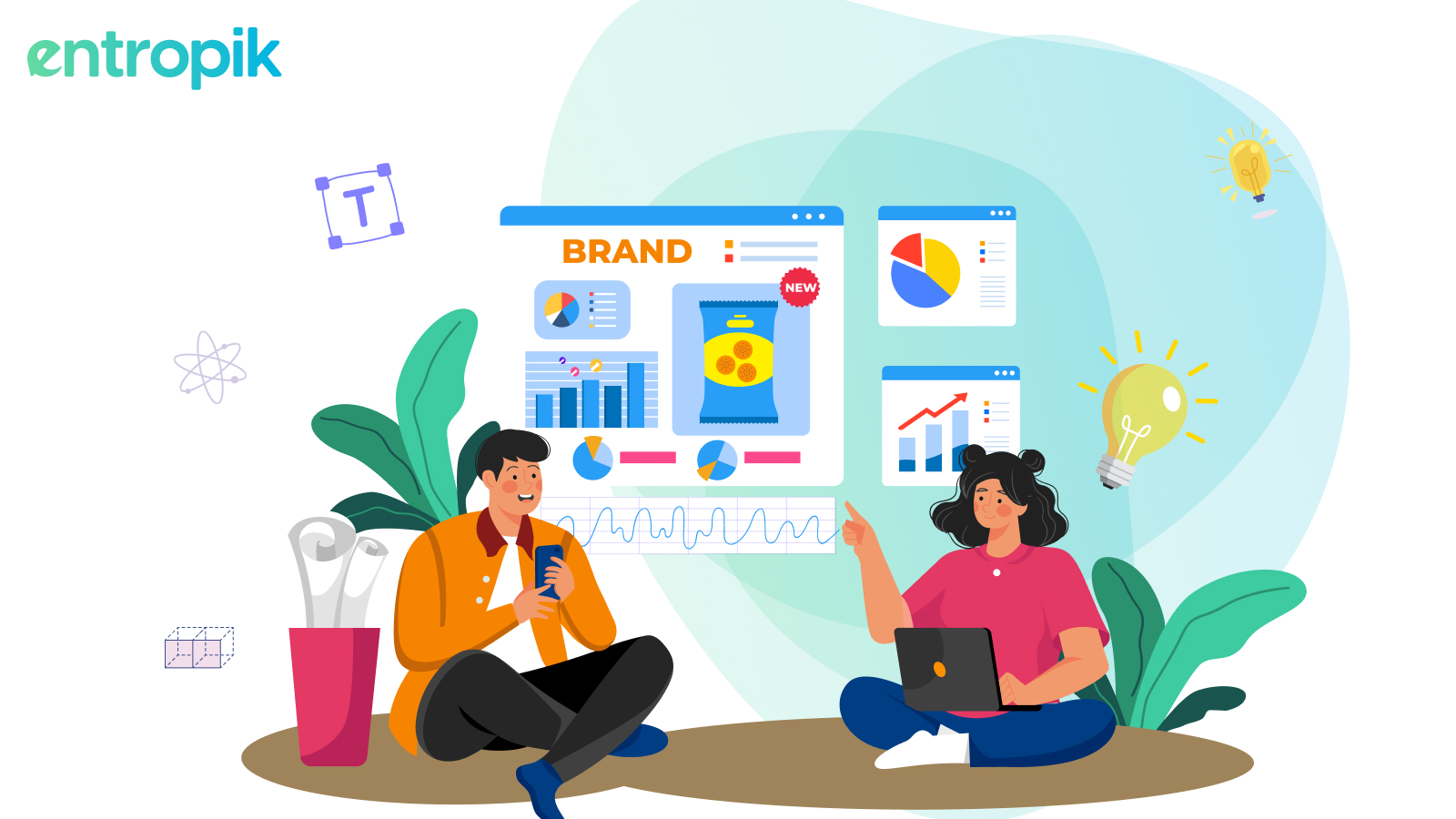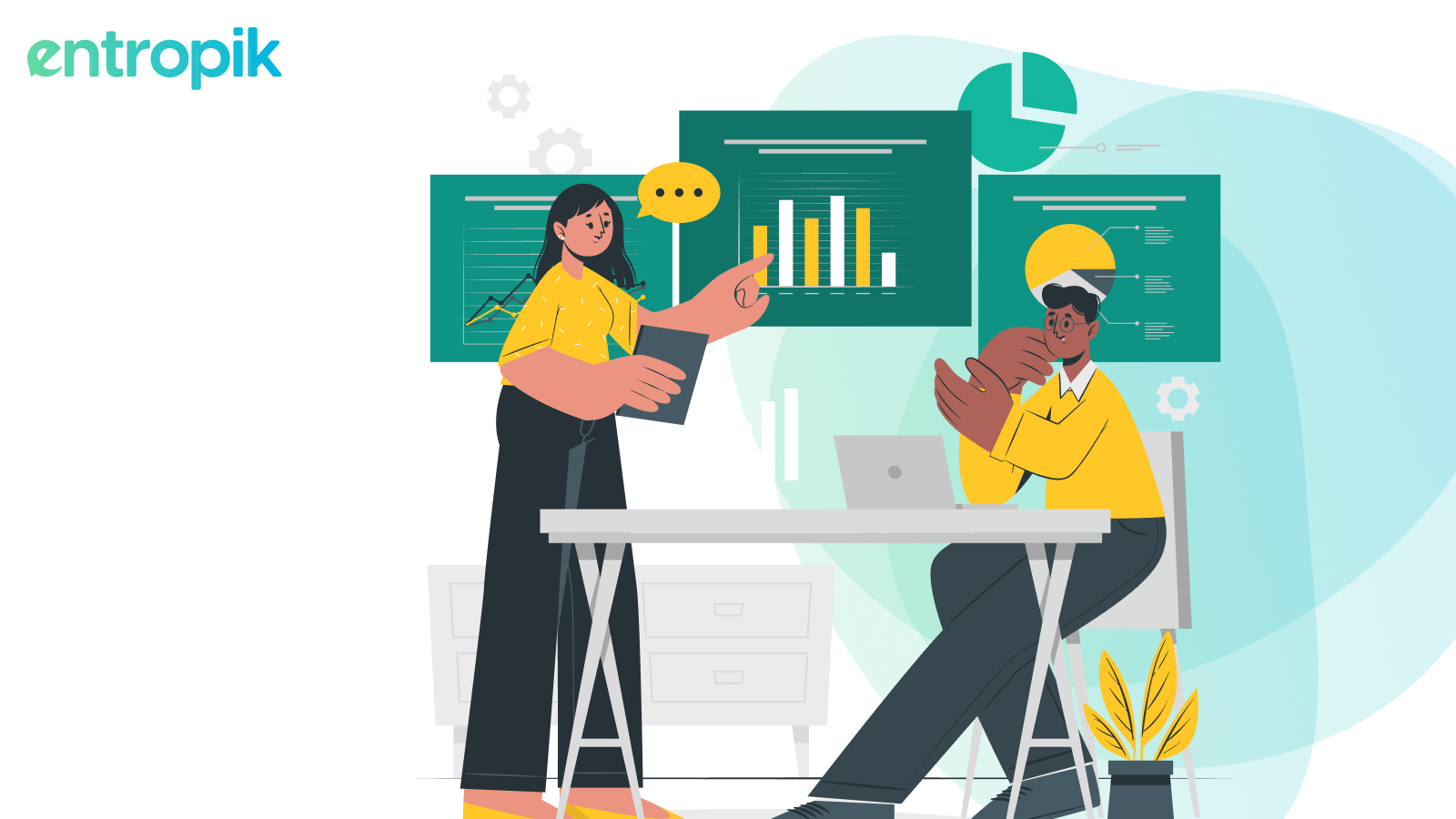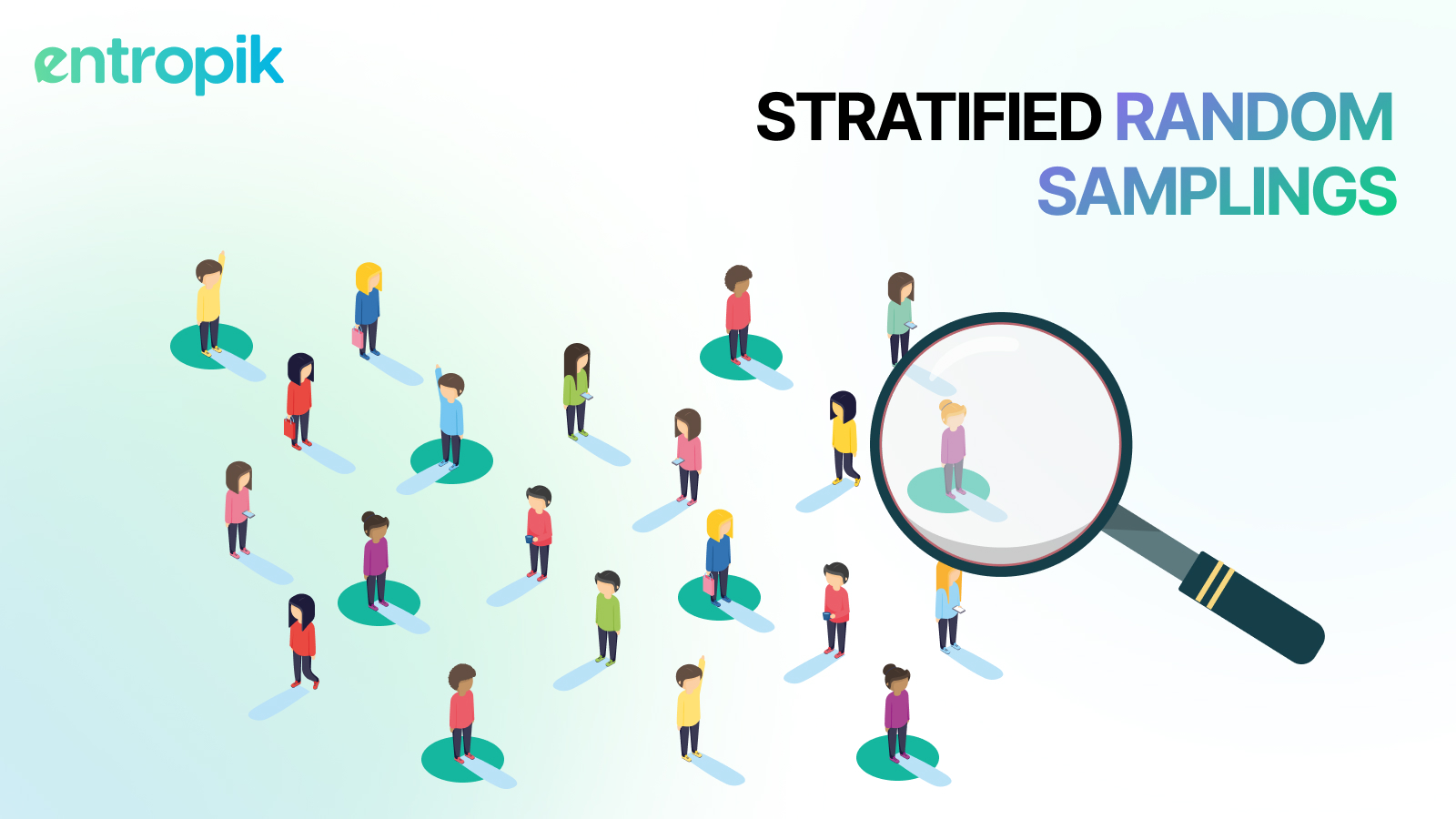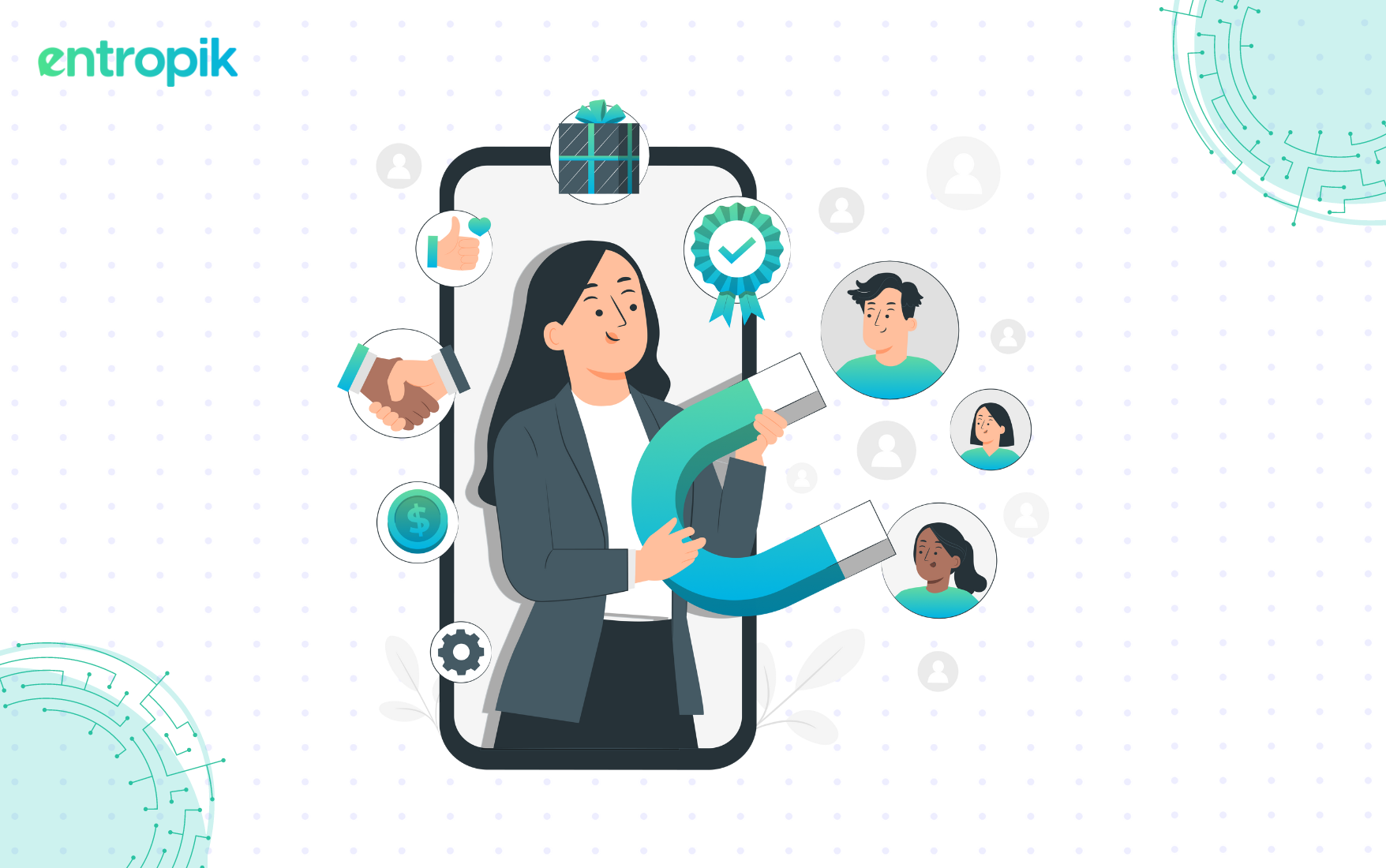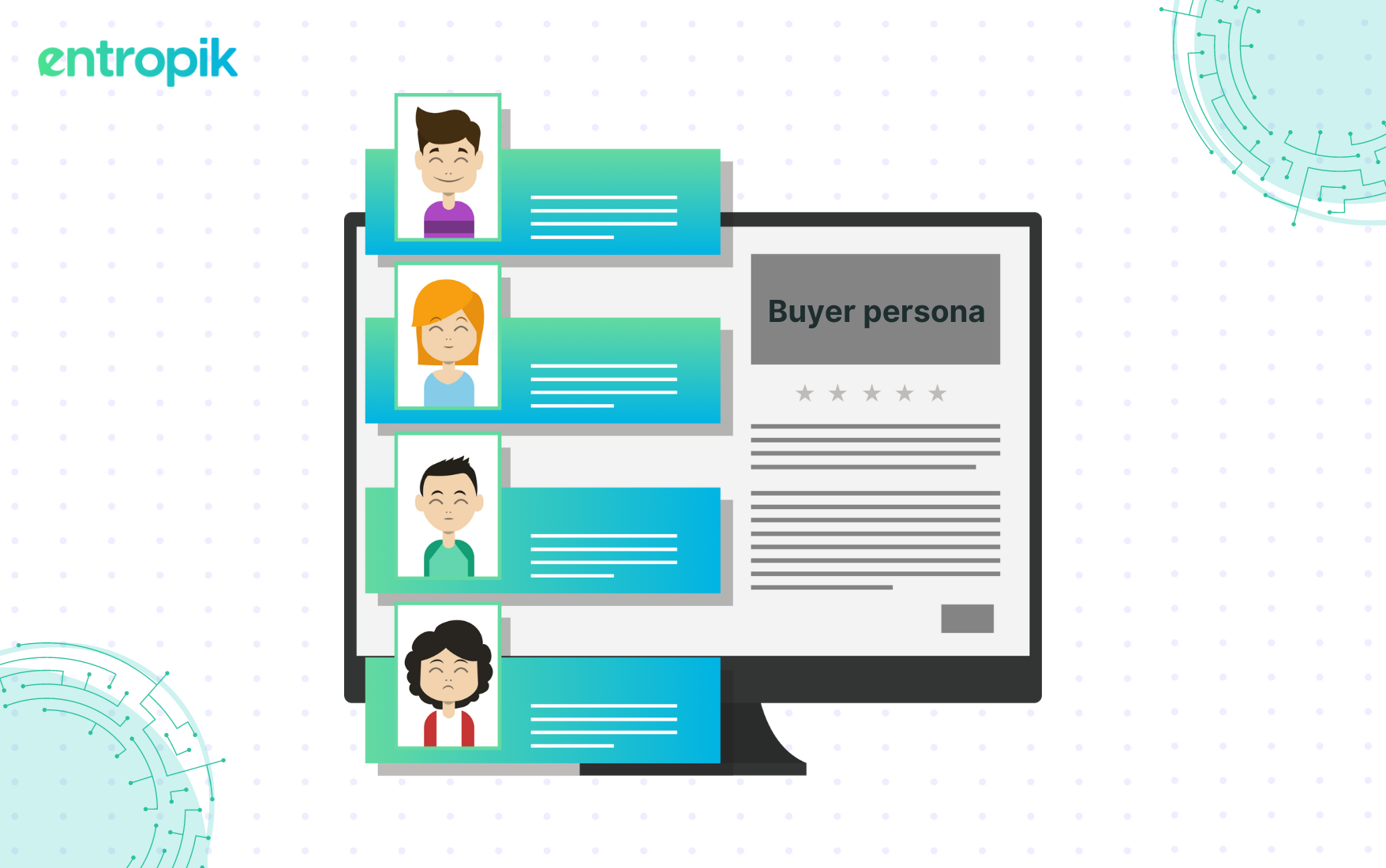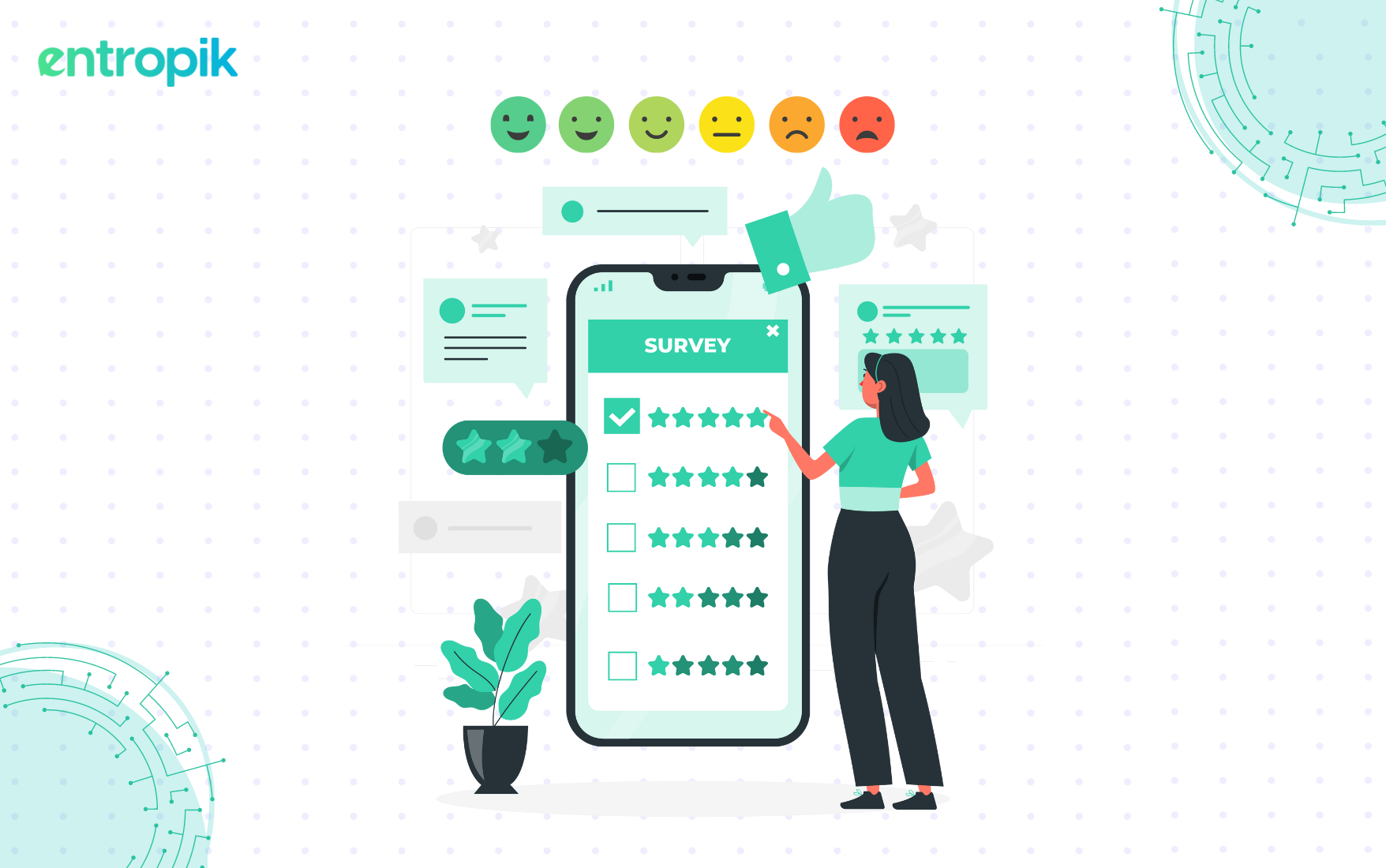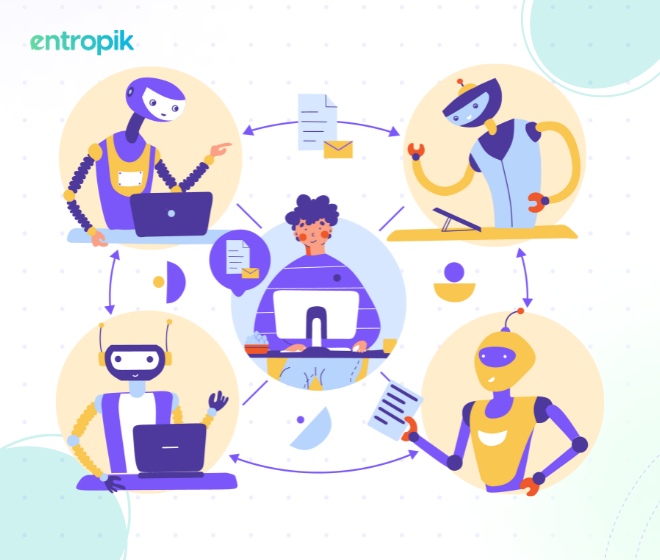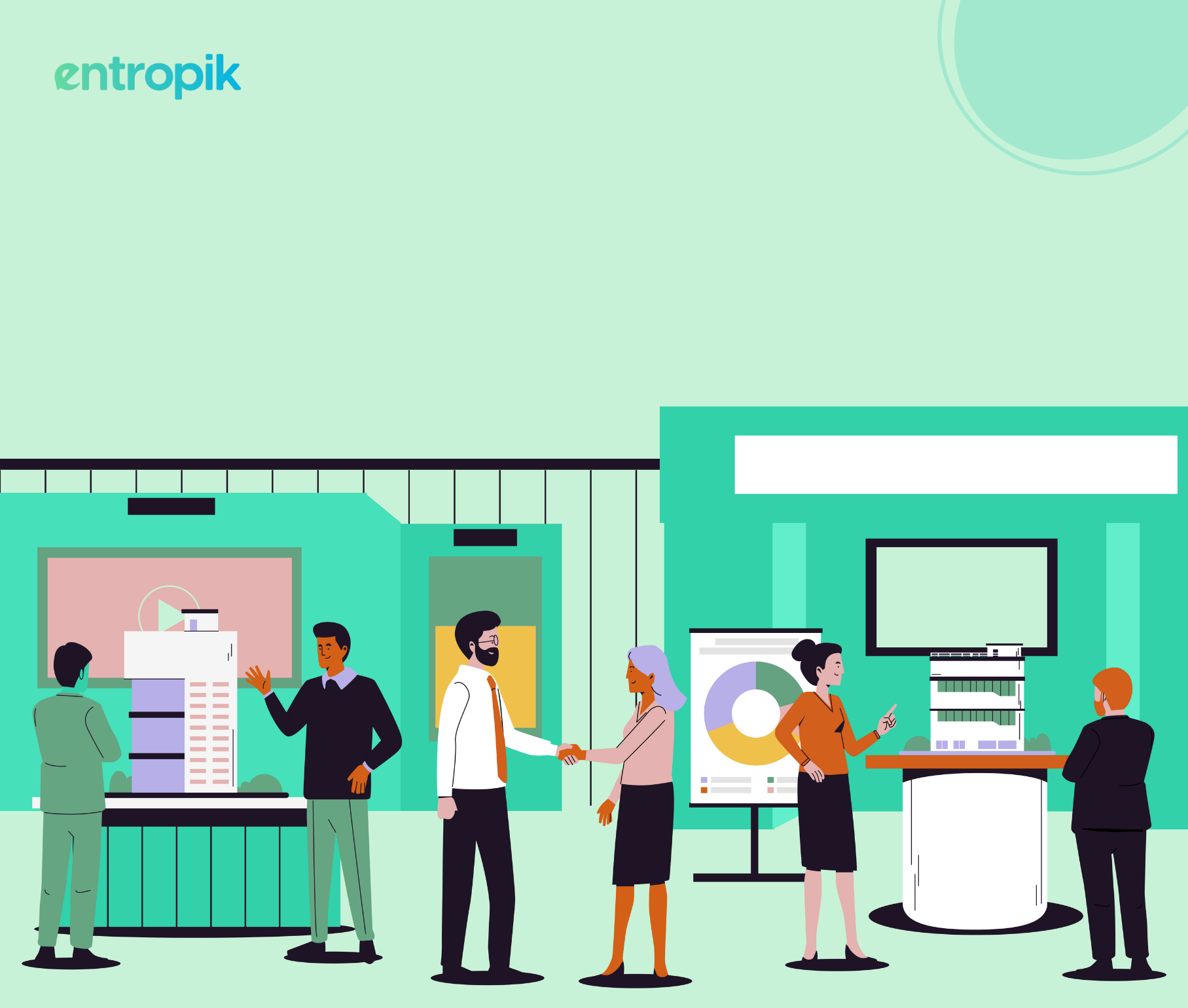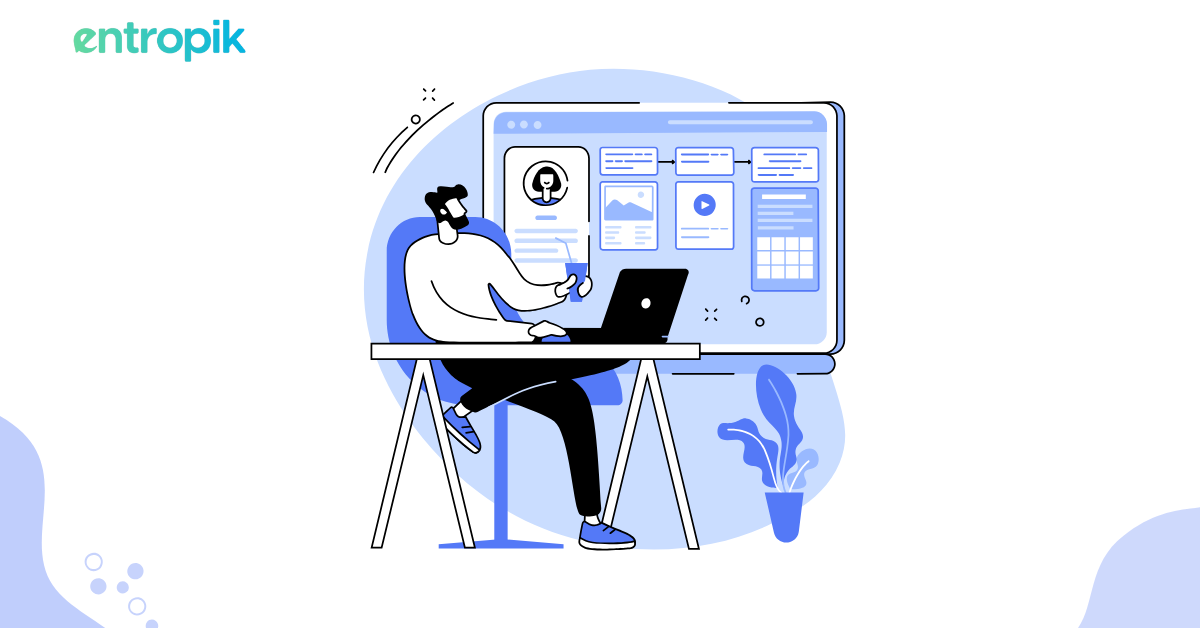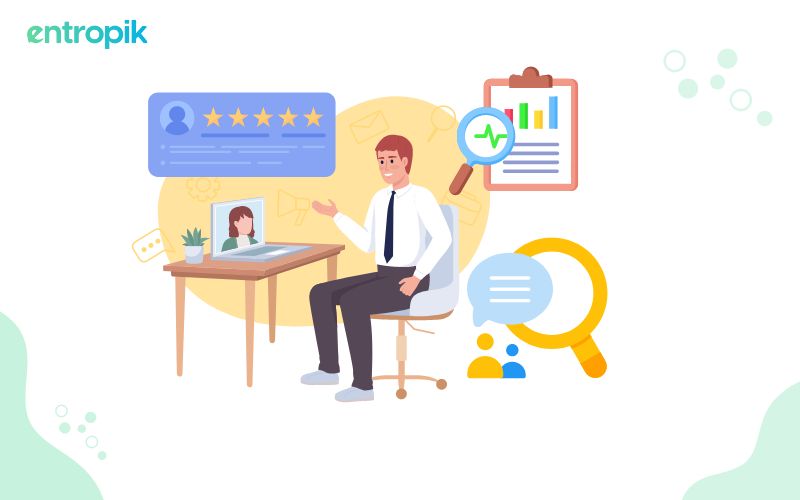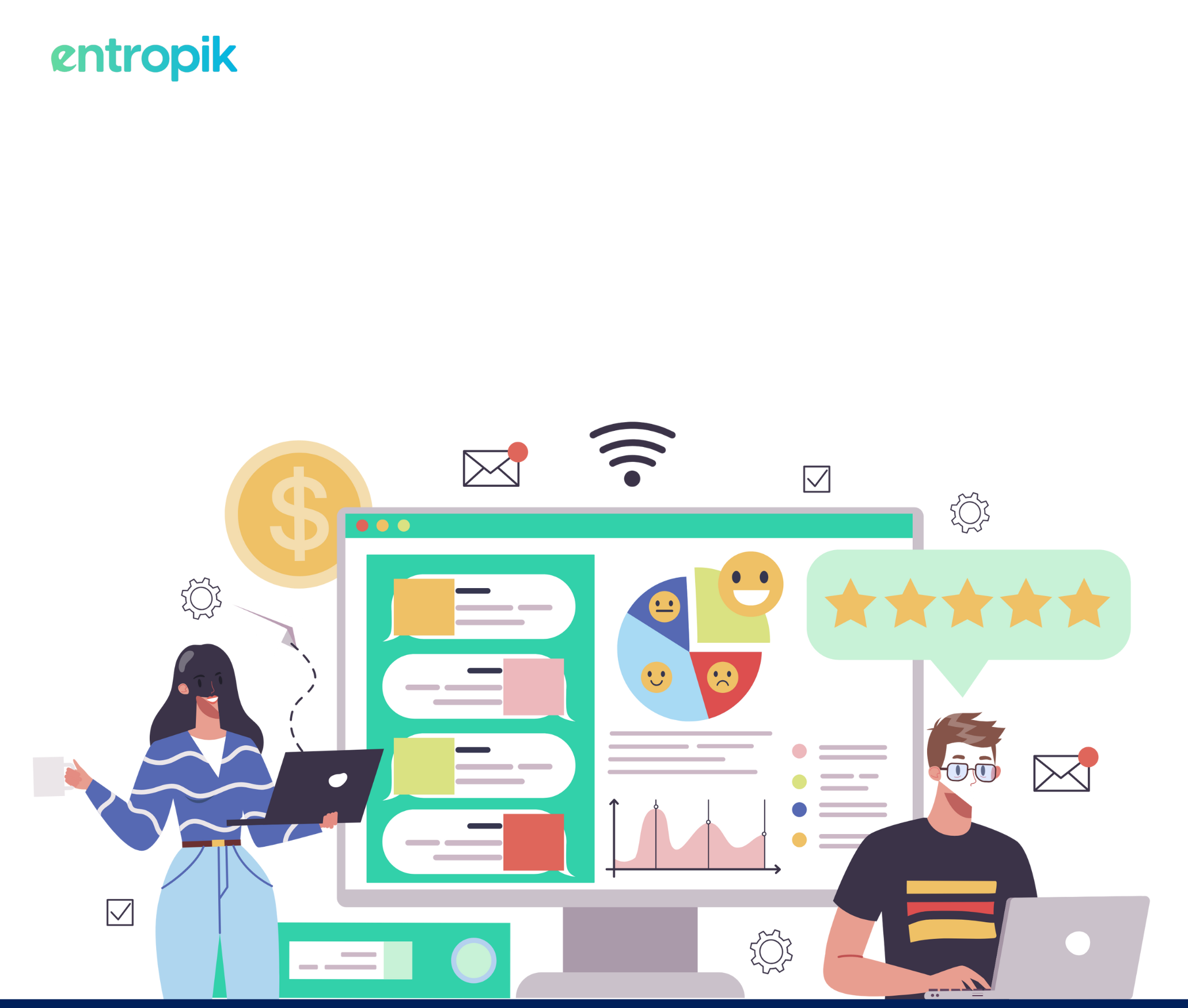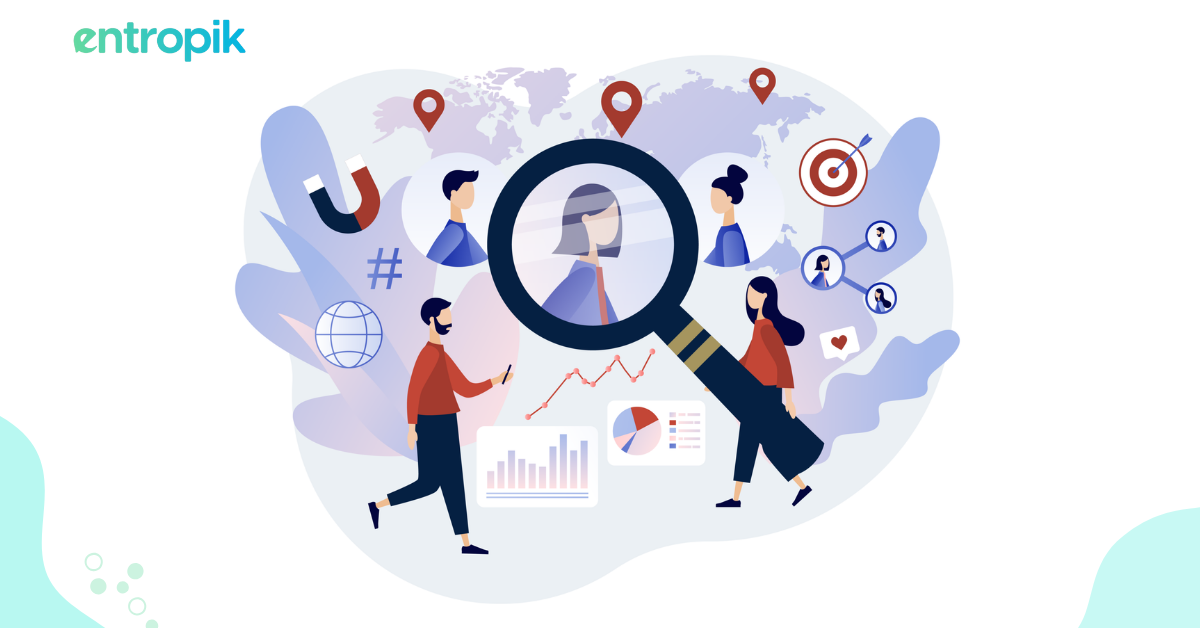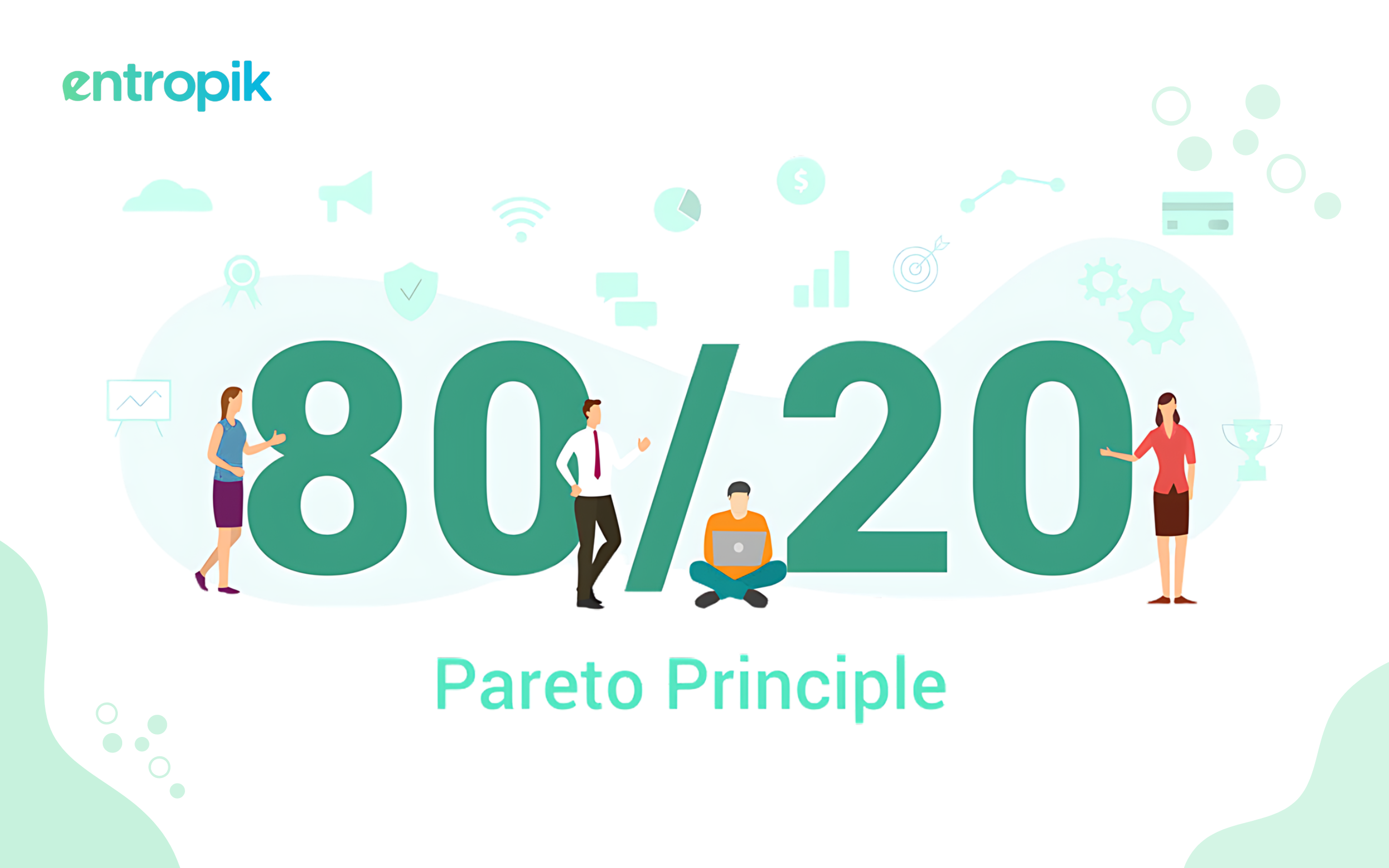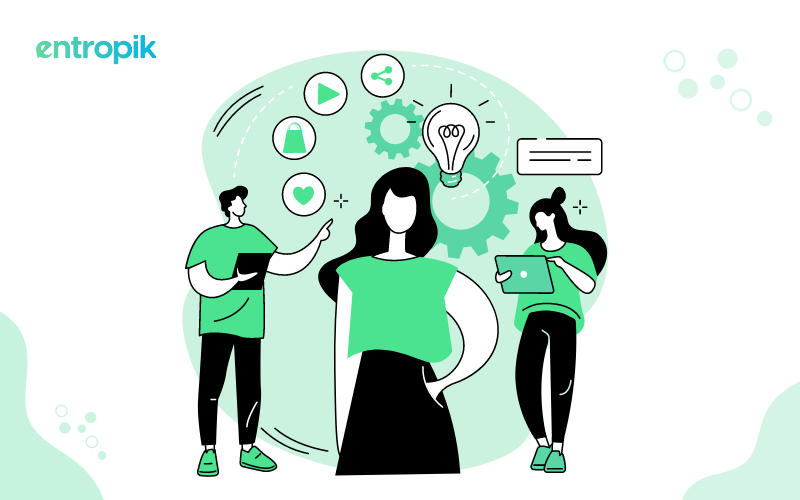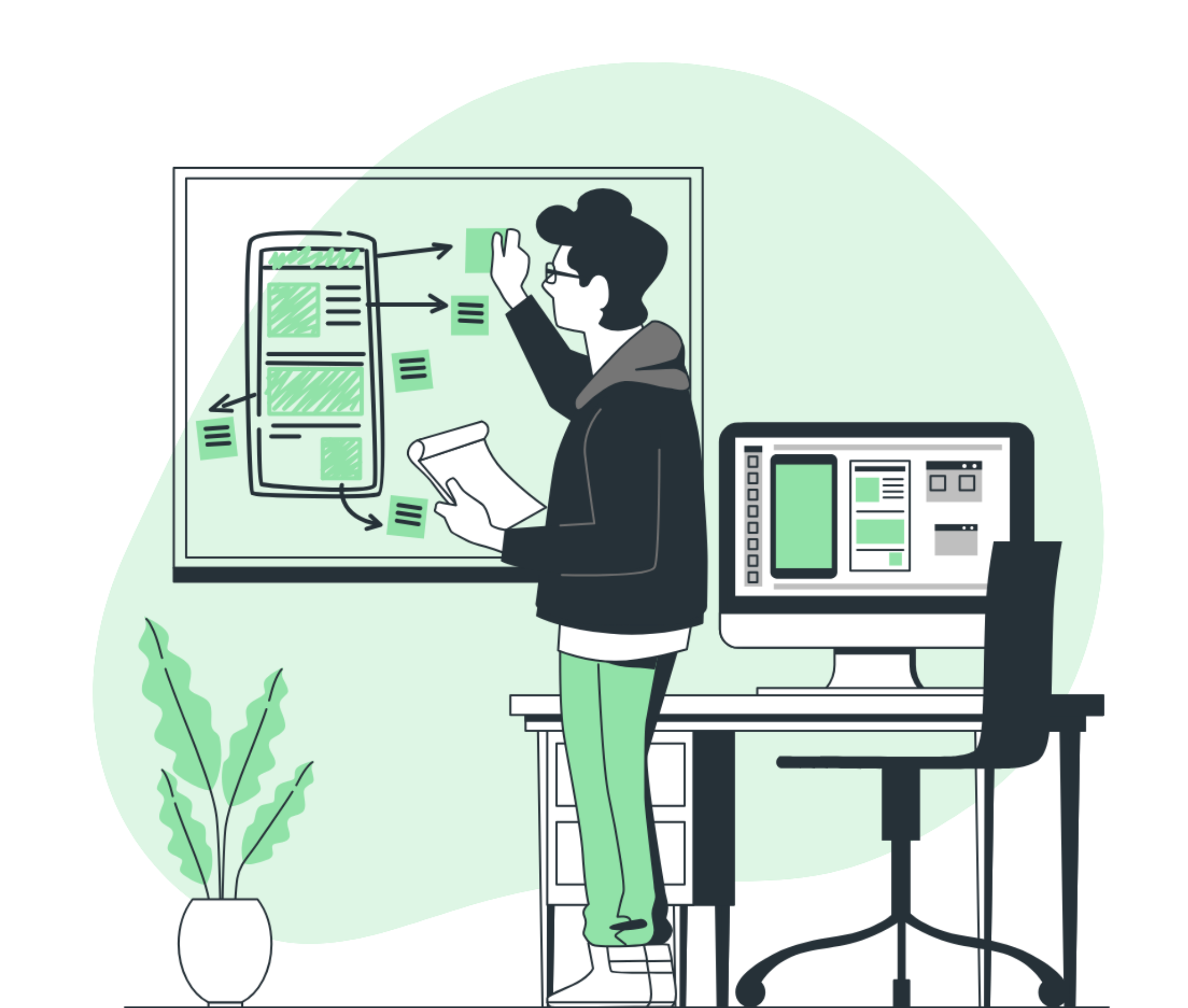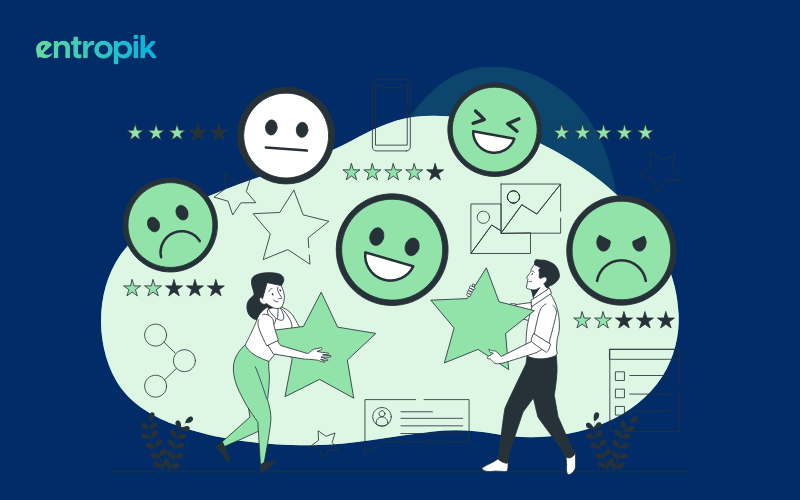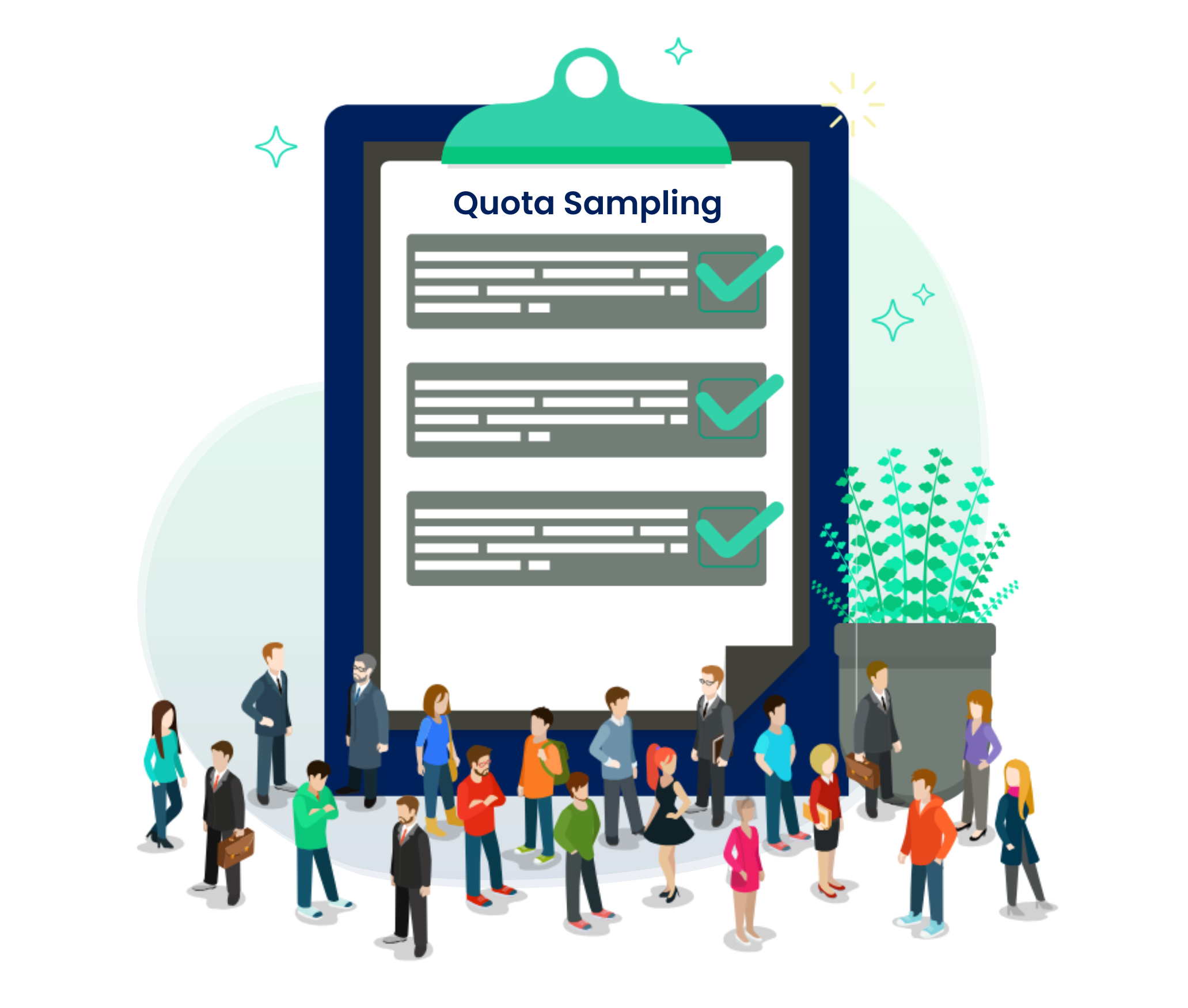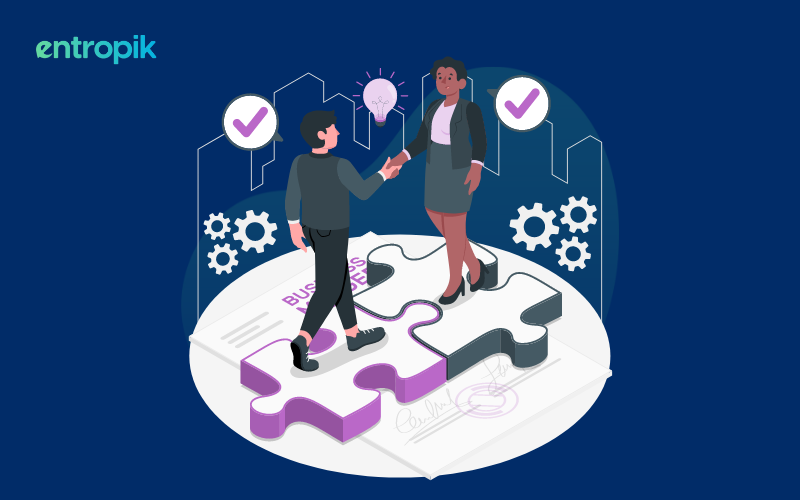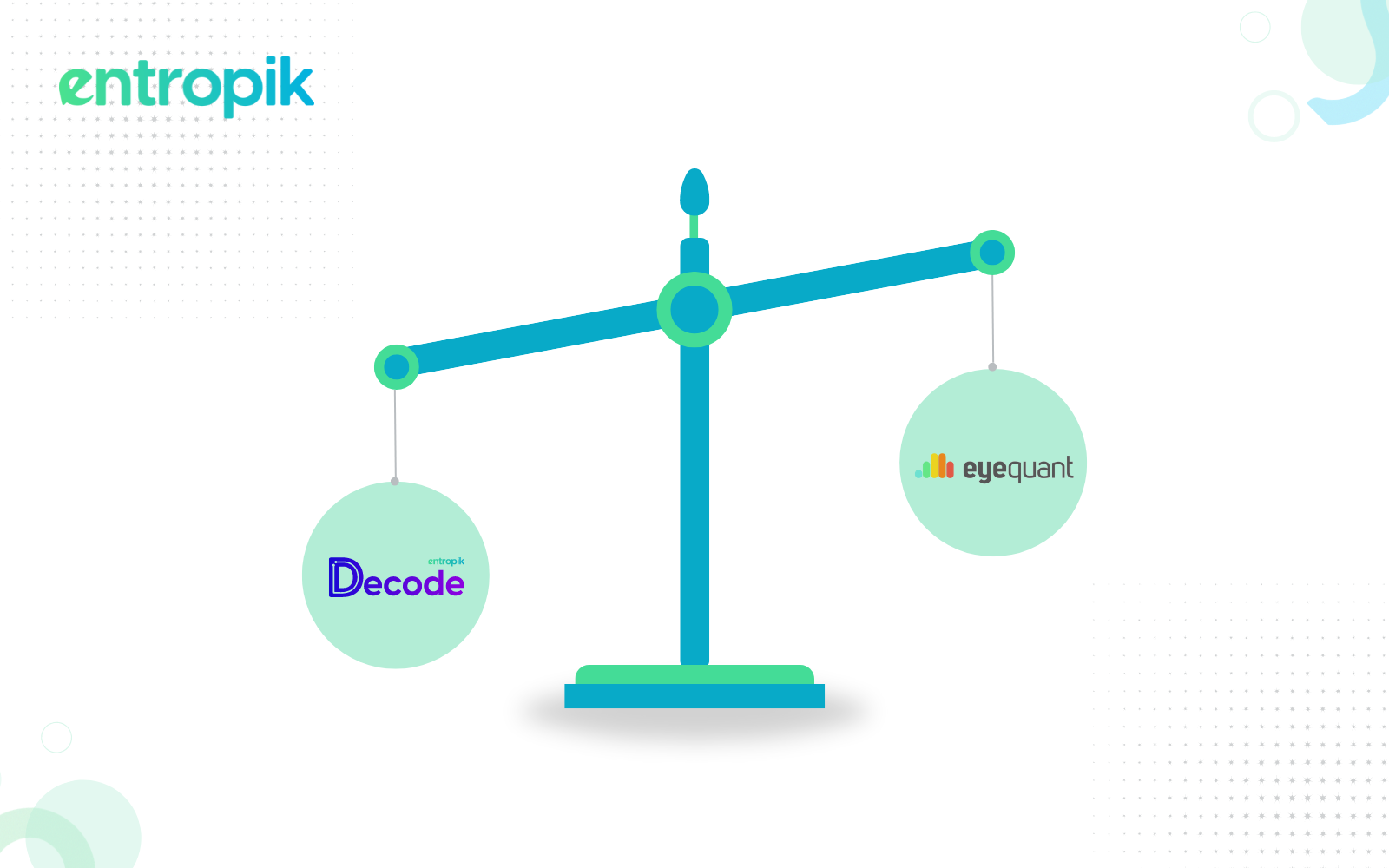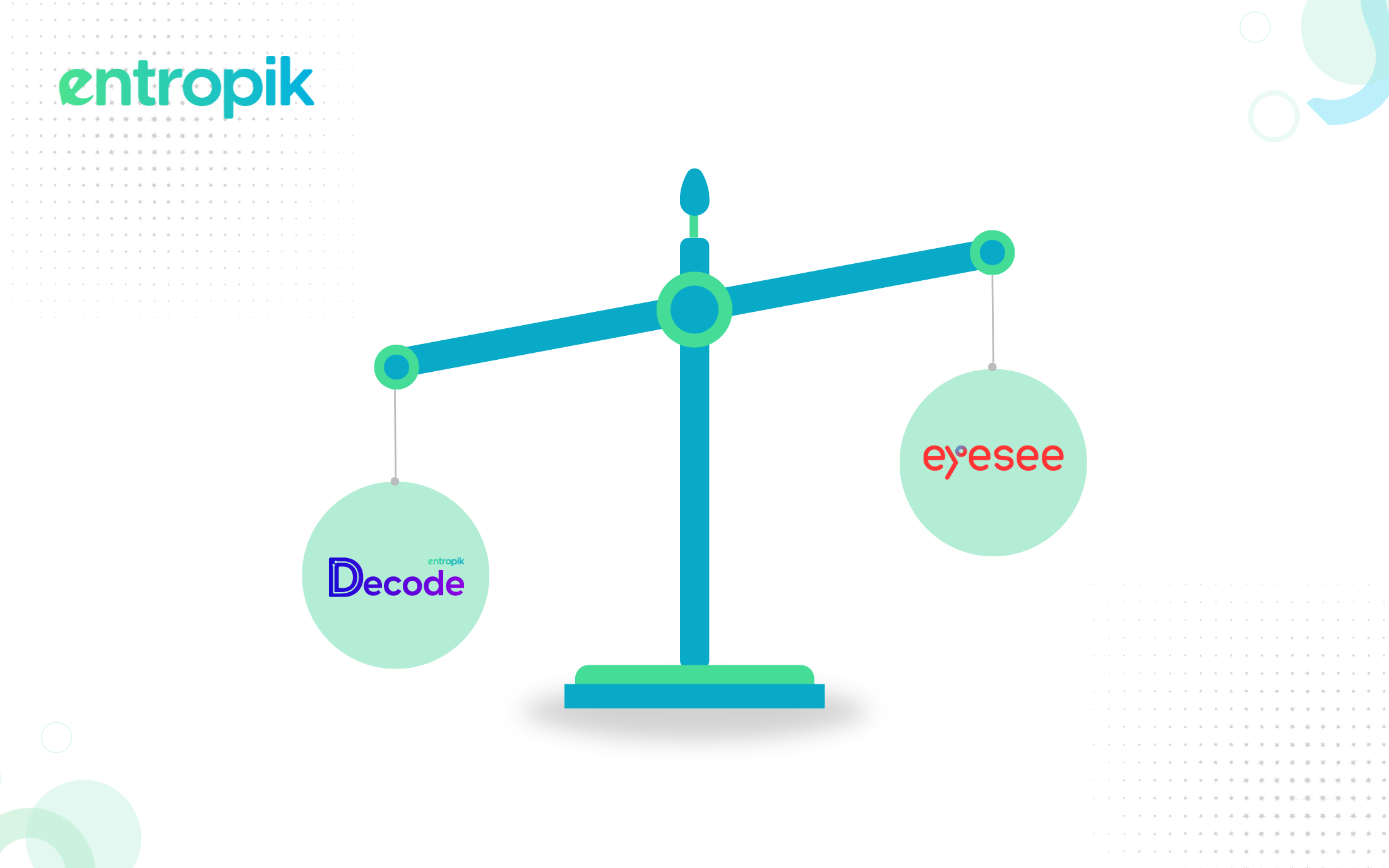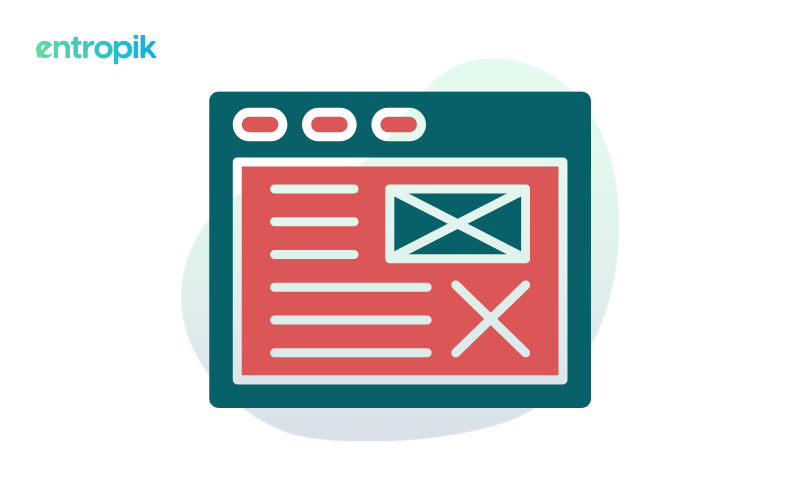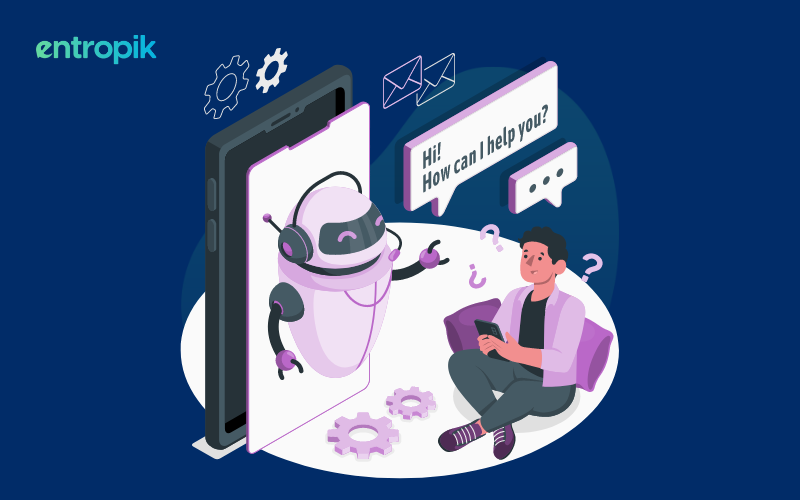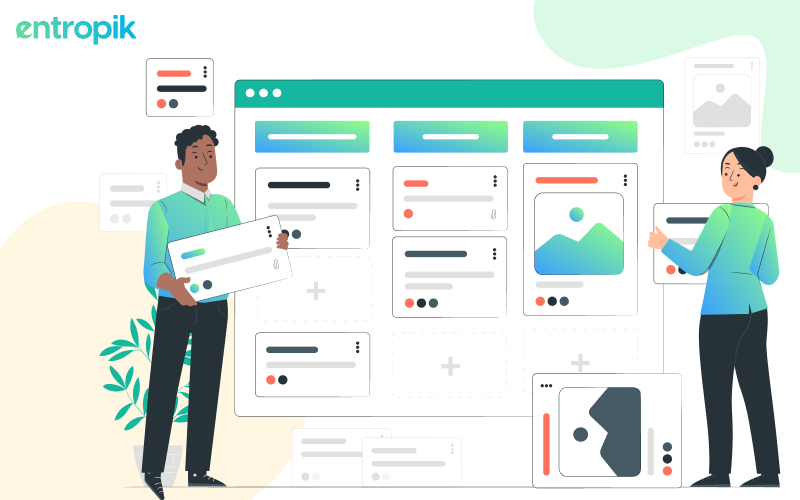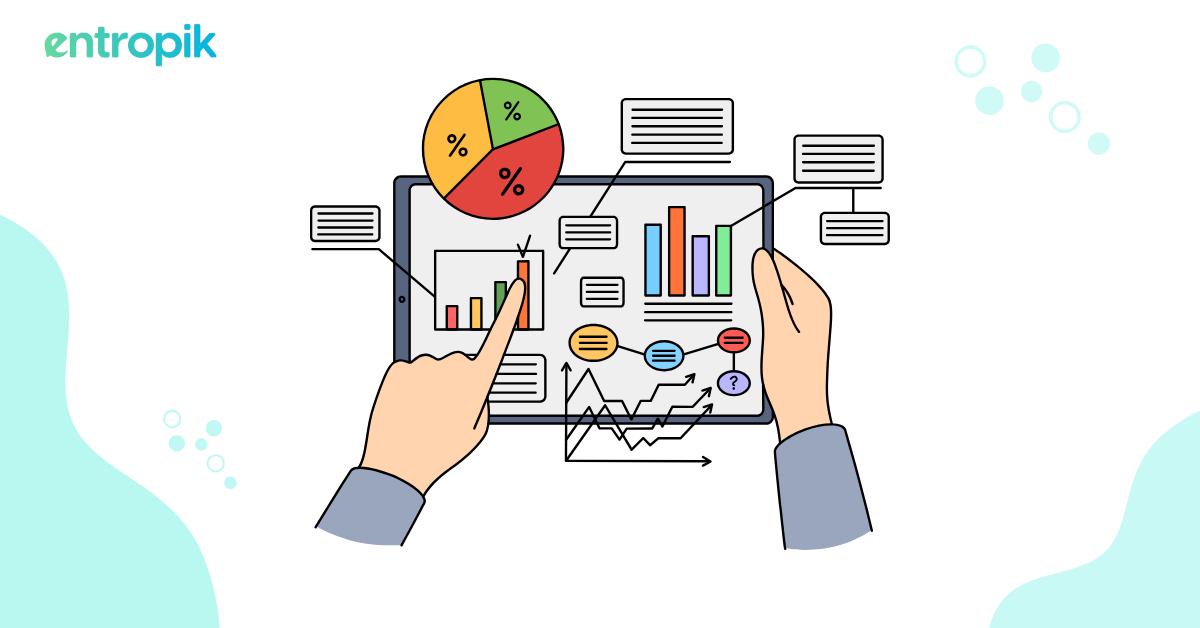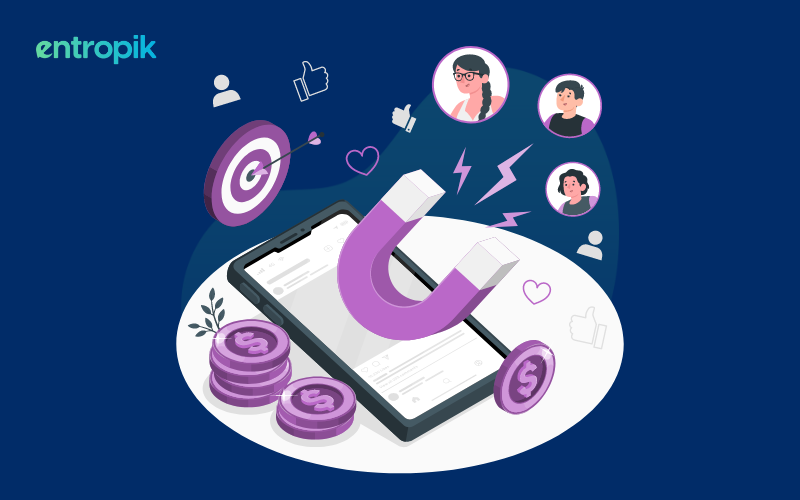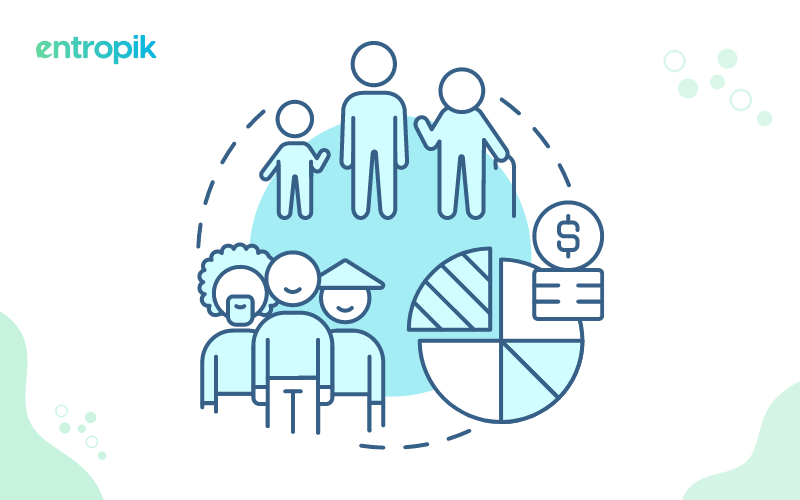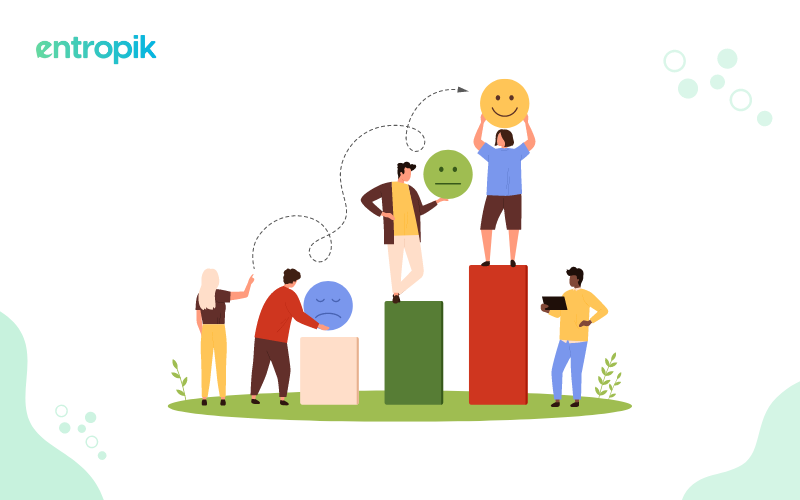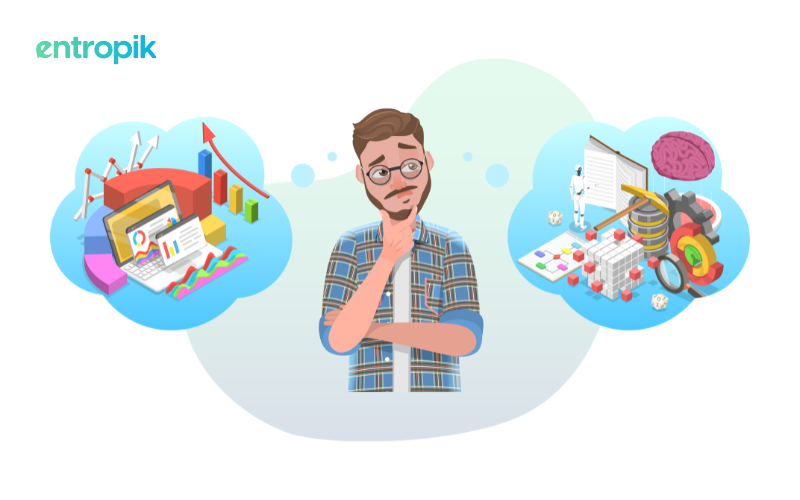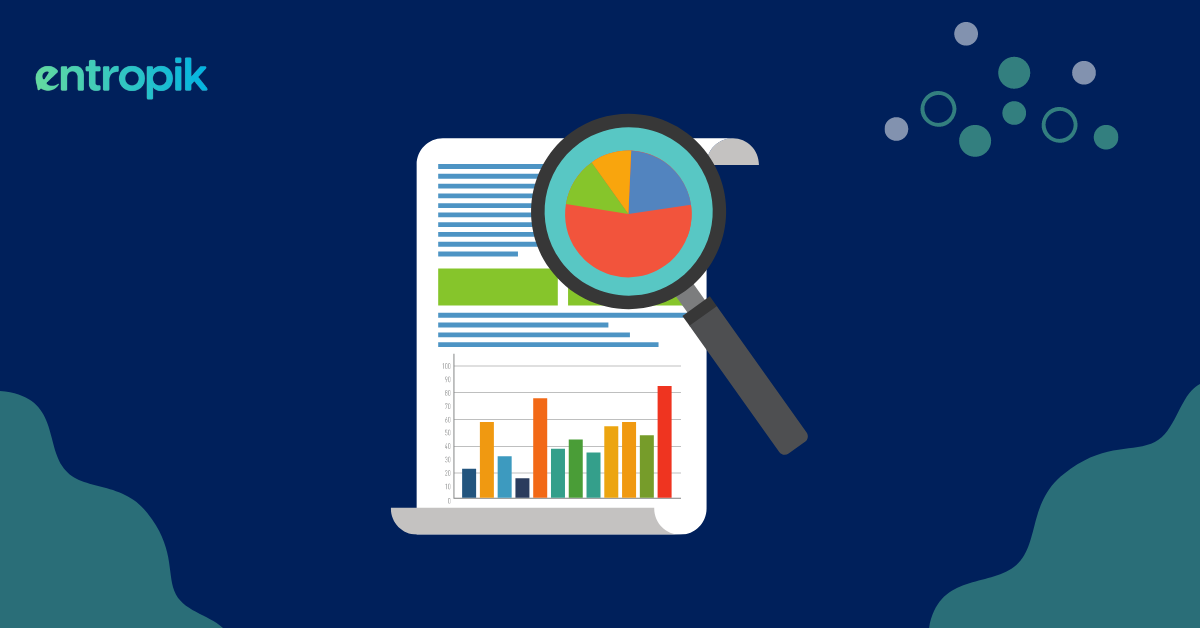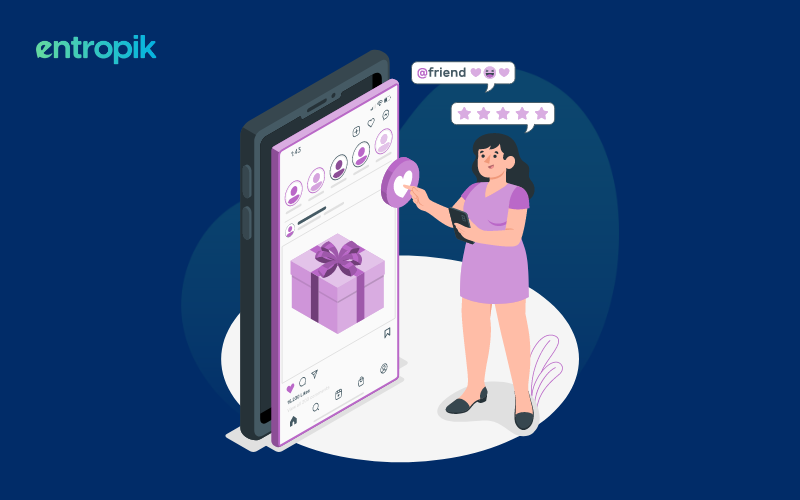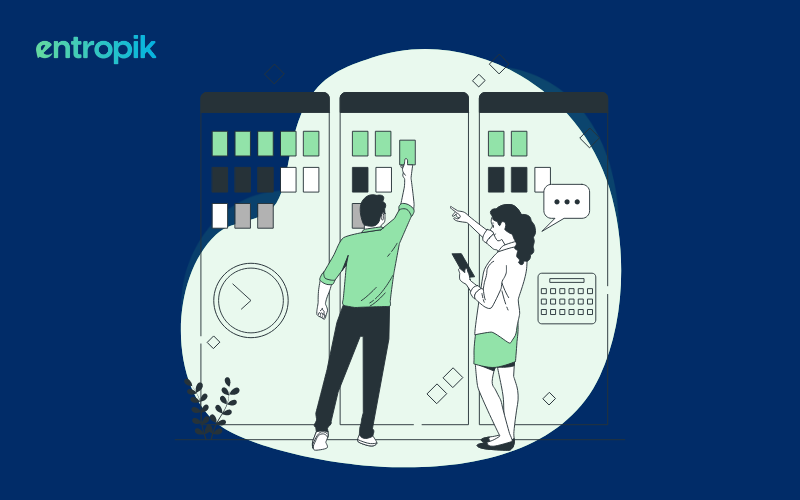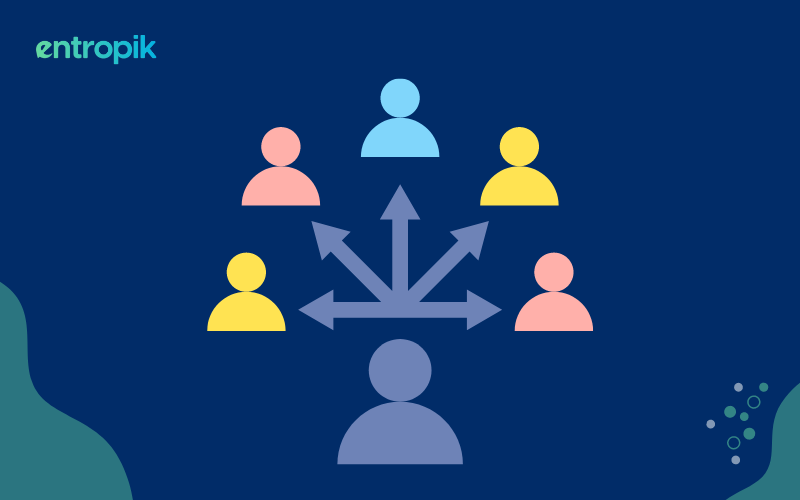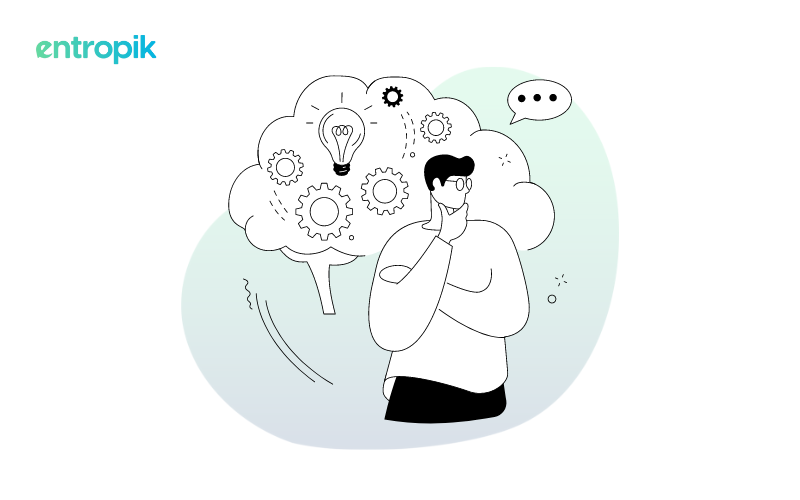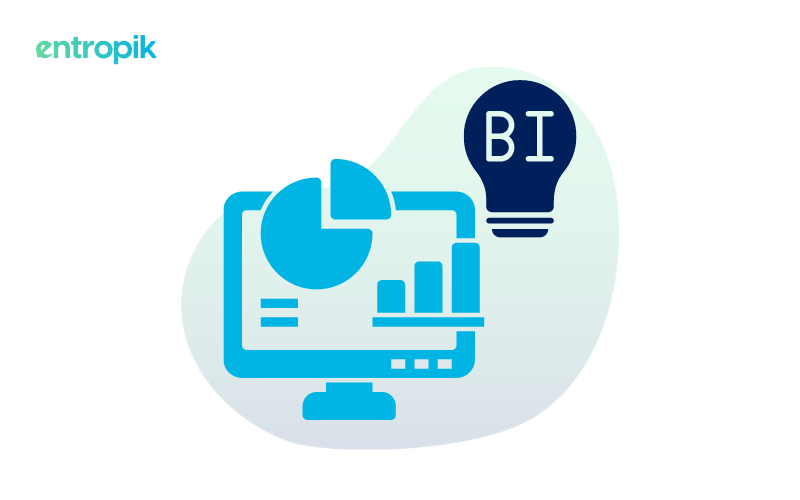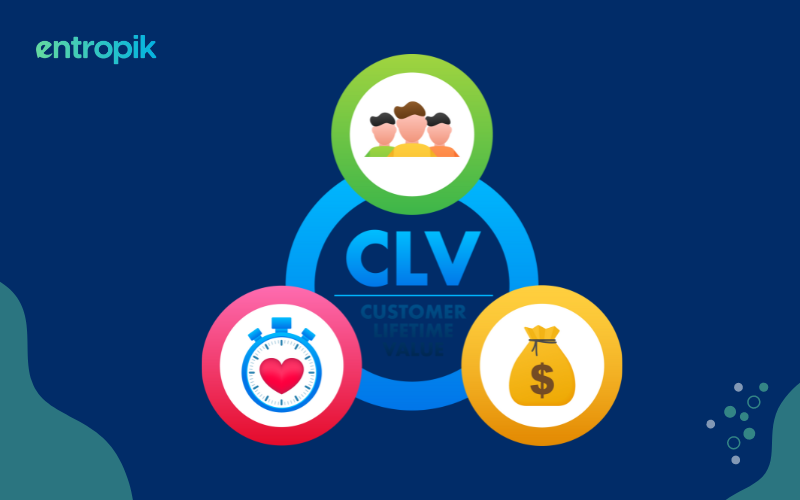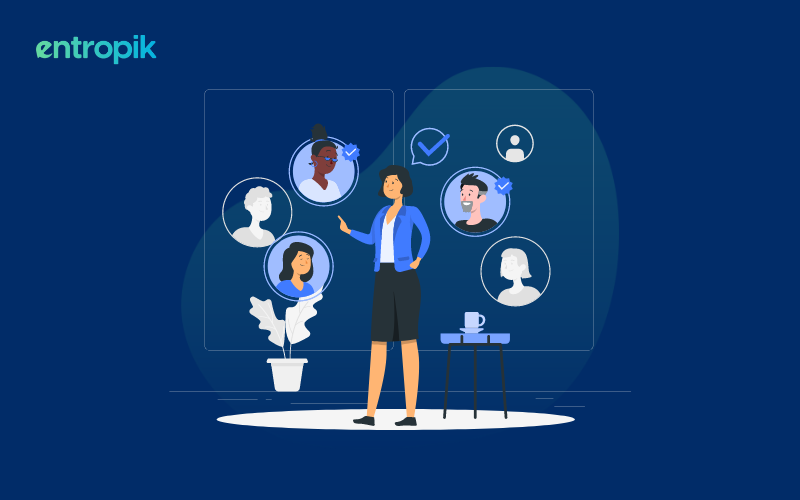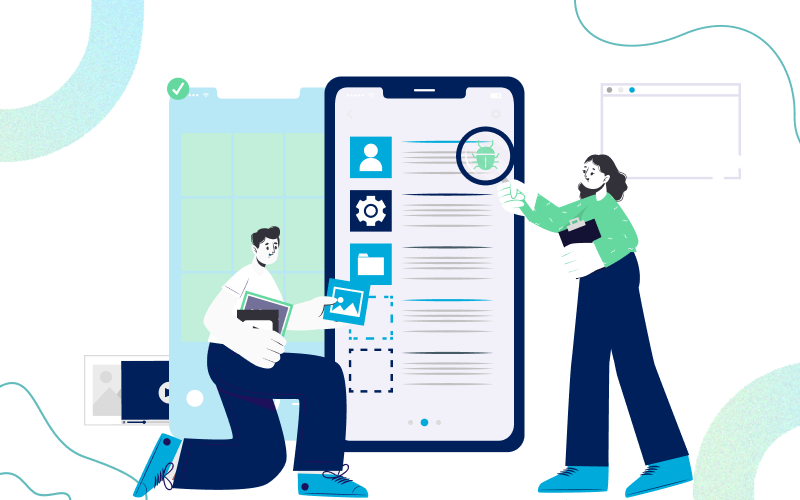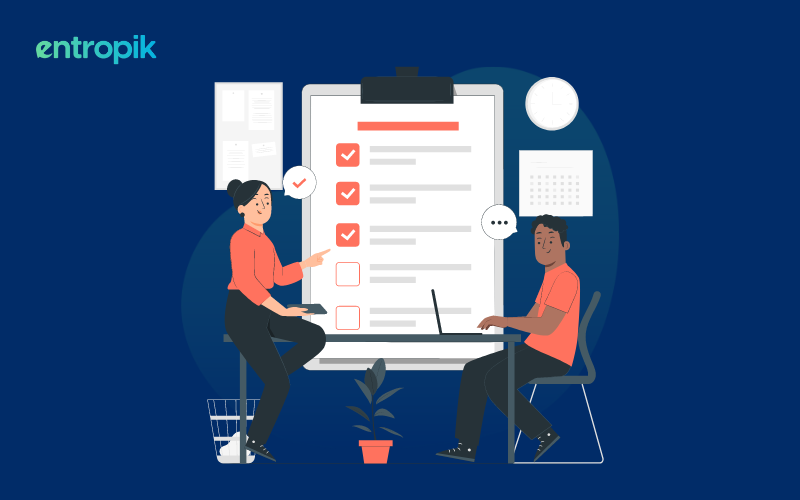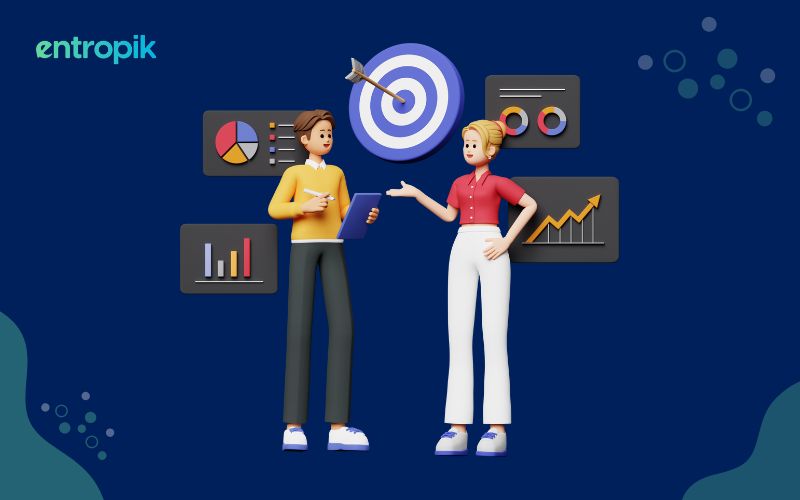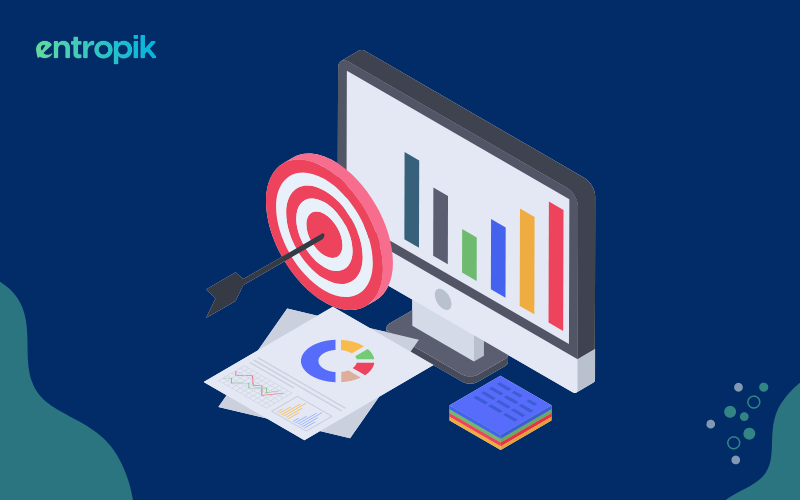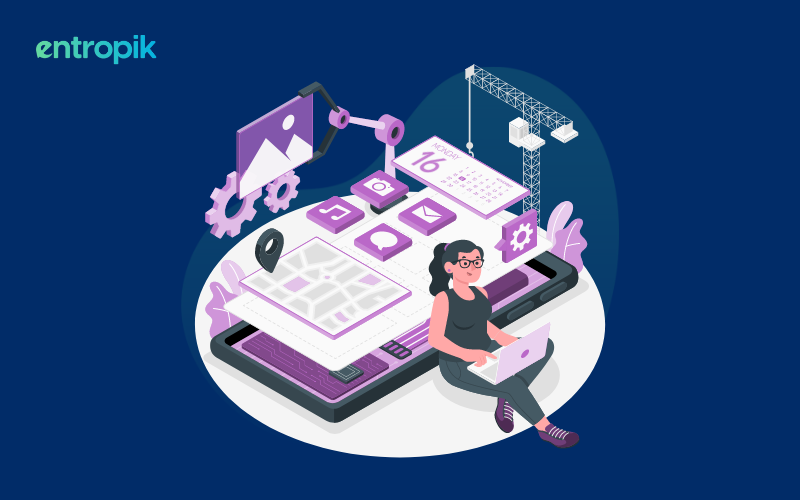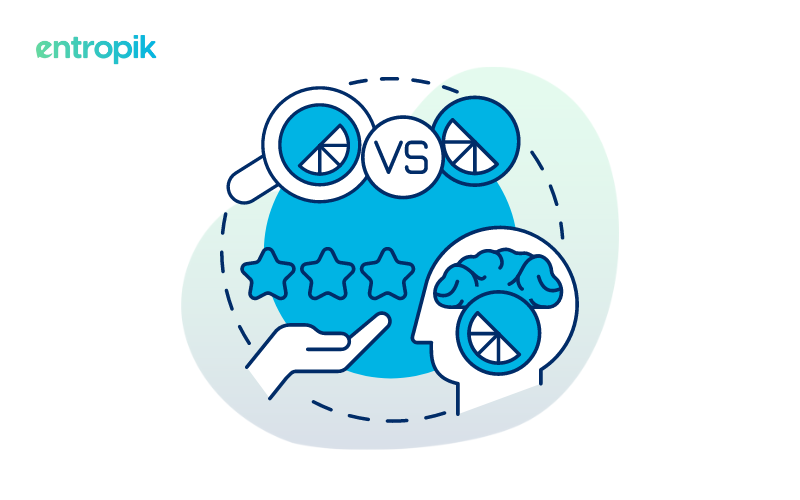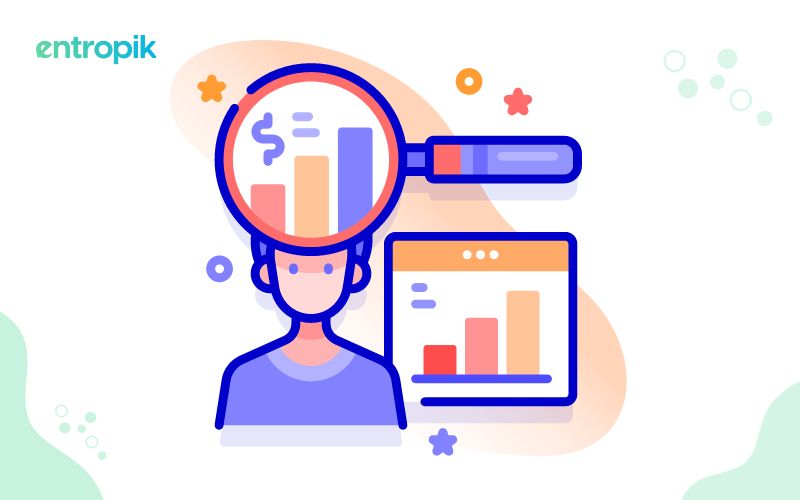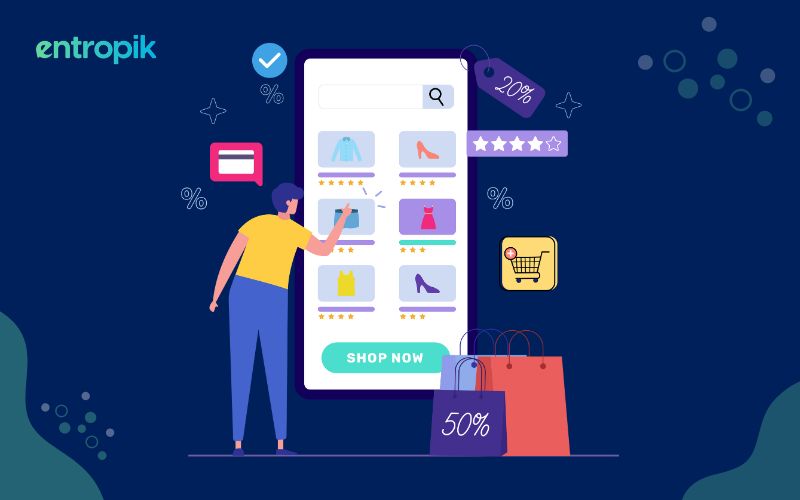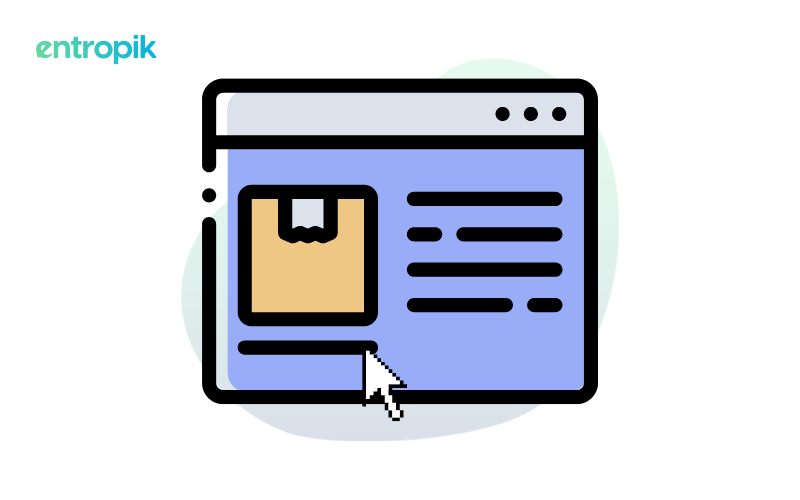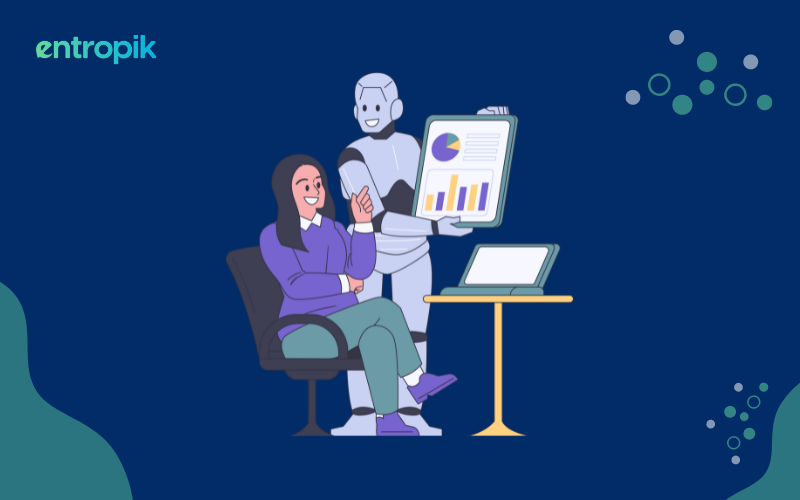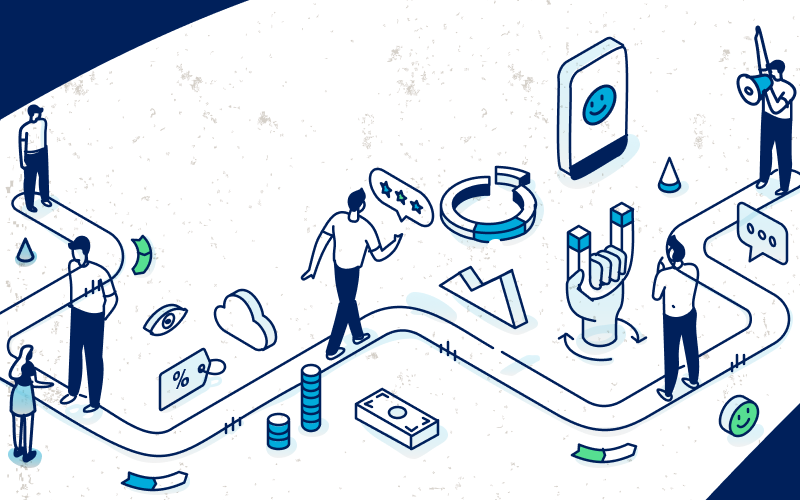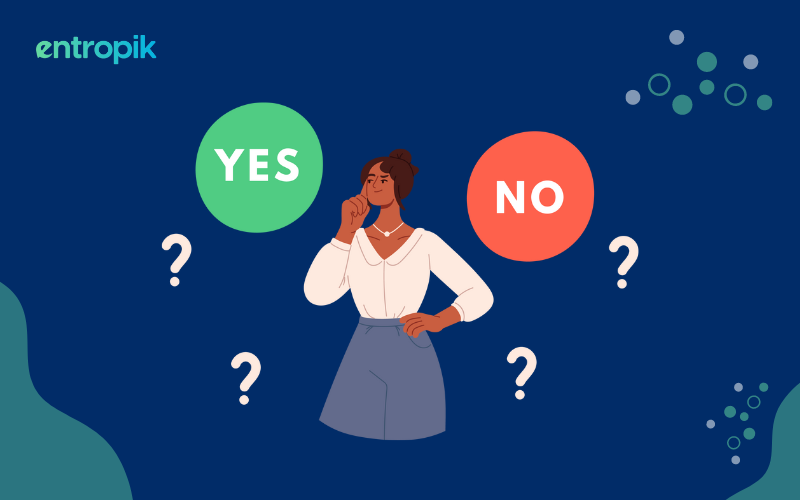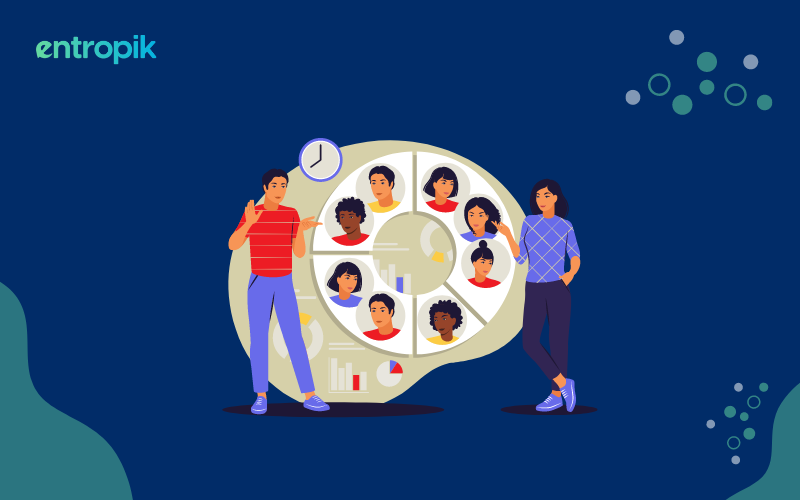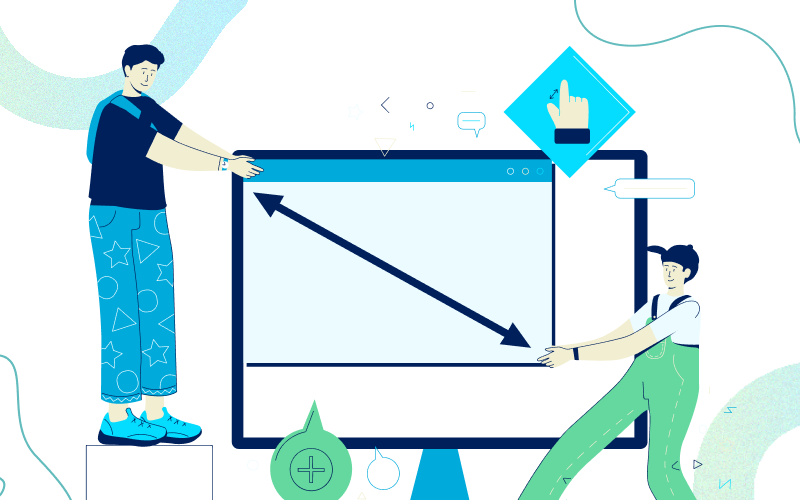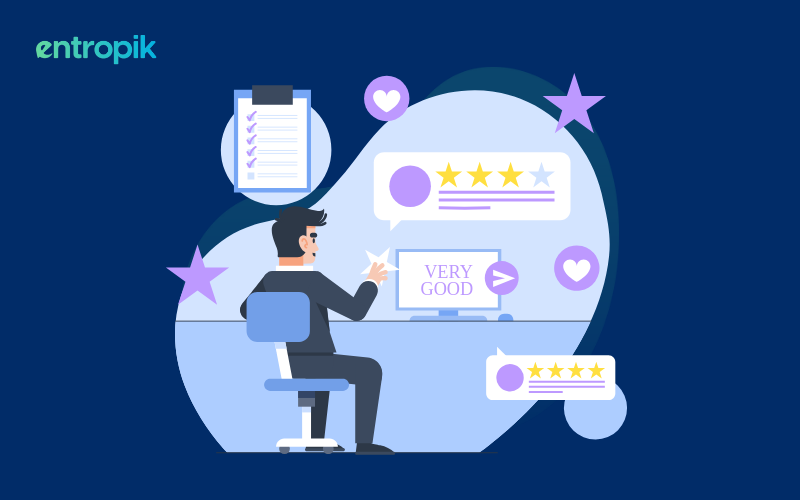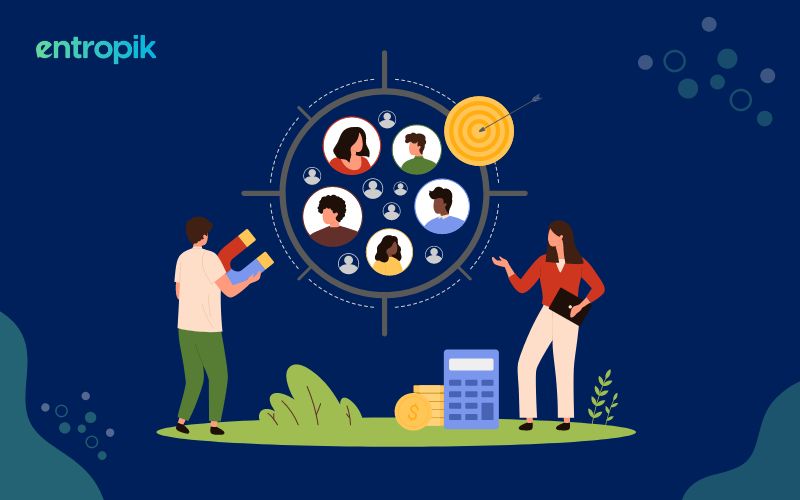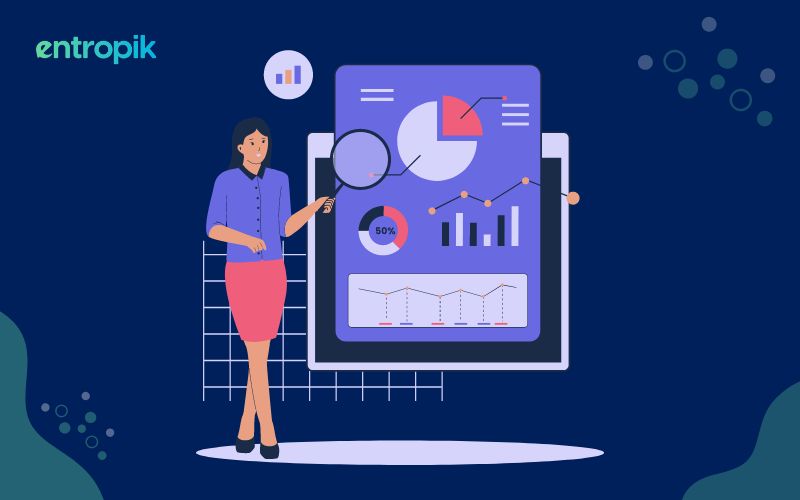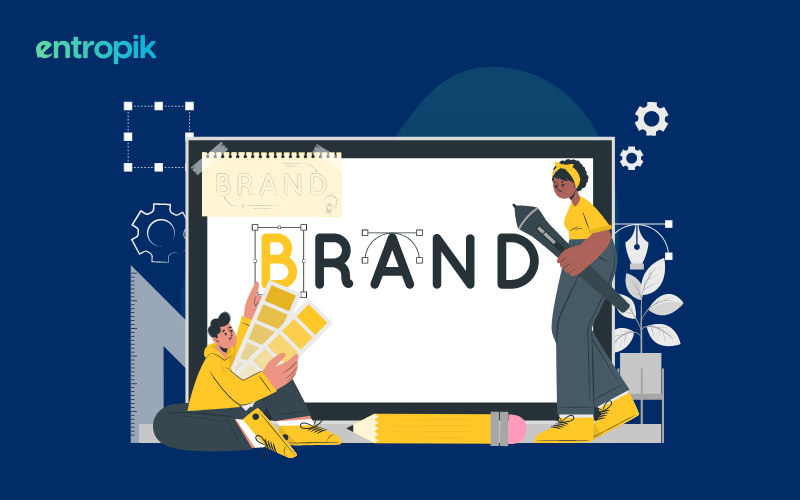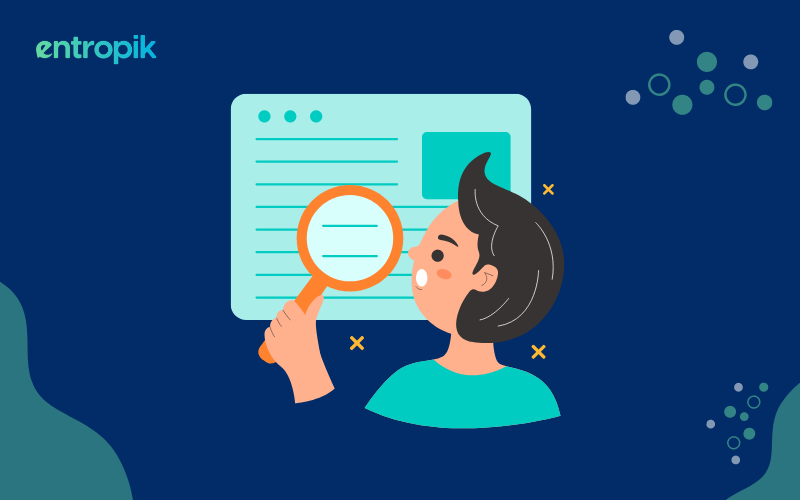What is Marketing Personalization?
Marketing personalization is a data-driven strategy for connecting with customers by delivering relevant messages and offers. It abandons one-size-fits-all strategies in favour of focusing on people's unique needs and interests. By adjusting content and advertising to the needs of consumers, marketing personalization creates meaningful customer experiences.
Customers expect personalised interactions, so businesses must rely on strategic targeting based on their knowledge of their clientele. Through the identification of patterns for precise audience targeting and lead nurturing, personalised marketing enhances the customer experience. It promotes greater engagement and makes it possible to effectively reach a larger audience. It is a crucial shift away from the generic mass messaging of traditional marketing because consumers today crave personalised experiences.
{{cta-button}}
Importance of Marketing Personalization
Personalization's significance becomes clear when reflecting on your own experiences as a consumer. On a brand's website, do you value receiving personalized recommendations and relevant offers? The digital age has raised consumer expectations for contextual and convenient experiences. Consumers expect brands to recognize them as individuals throughout their journey. Marketers hold the responsibility to meet these expectations, employing intelligent personalization tactics to keep consumers engaged.
Companies excelling at personalization yield 40% more revenue than average players (McKinsey, 2021). Personalization proves beneficial for businesses. Emotions influence purchase decisions, and savvy brands leverage this personal connection through contextual marketing to foster loyalty and boost their bottom line.
Consumers are more inclined to buy from brands that know their name and purchase history, delivering relevant communications as a result. Effective personalization requires leveraging consumer data to deliver timely, context-aware, and personalized content and experiences across all channels.
88% of executives acknowledge their customers changing faster than their businesses can adapt (Accenture, 2022). Staying ahead requires embracing personalization to meet consumer demands and cultivate lasting connections.
Why B2B Needs to Personalize Marketing
Strengthened Relationships
Businesses can customise their communications and offers to specifically target the demands and pain areas of individual customers thanks to B2B personalised marketing. B2B companies can develop closer bonds with clients by demonstrating that they comprehend their problems and are eager to offer solutions that are specifically suited to them. This tailored approach fosters credibility and trust, which boosts customer loyalty and repeat business.
Enhanced Lead Nurturing
B2B lead nurturing depends heavily on personalised marketing. B2B organisations may provide pertinent and helpful information to prospects at various stages of the buyer's journey by employing data-driven insights. Businesses can effectively nurture leads and increase the chance that they will become customers by using personalization to deliver the appropriate information to the right prospects at the right time.
Improved Account-Based Marketing
Account-Based Marketing (ABM) places more of an emphasis on specific key accounts than a wide target market. ABM depends on personalised marketing since it enables B2B companies to design experiences that are specific to each target account. B2B organisations may create personalised communications and offerings that resonate with decision-makers by learning about the particular needs and preferences of particular accounts. This builds the relationship and shows that the company has a thorough understanding of the problems the account faces.
{{cta-button}}
Why B2C Needs to Personalize Marketing
Increased Customer Loyalty
Personalised marketing is a potent technique for increasing customer loyalty in the cutthroat world of B2C. Customers feel cherished and understood by the brand when they receive personalised product recommendations, unique discounts, and pertinent content. This emotional bond stimulates repeat business and cultivates enduring loyalty, transforming clients into brand evangelists who voluntarily tell others about their satisfying experiences.
Have a look: Package Designs to Sell Your Retail Products like Hot Cakes
Higher Engagement Rates
Increased engagement rates across several marketing channels are a result of B2C personalised marketing. B2C businesses may captivate customers' attention and appeal to their interests by customising messaging to each person's preferences, behaviours, and previous interactions. The likelihood that someone will open, click on, and act upon personalised emails, content, and adverts is higher, which increases conversions and profits for the company.
{{cta-case}}
Enhanced Customer Experience
In the B2C industry, personalised marketing dramatically improves the overall consumer experience. Consumers' decision-making is streamlined when they receive pertinent and personalised content, product recommendations, and offers. B2C businesses that place a high value on personalisation give their consumers a seamless and delightful experience that makes them feel cared for and understood. More satisfied customers are more likely to return for additional purchases, which increases overall satisfaction.
How to Streamline Marketing Personalization with Consumer Research Platform
Organisations can develop a thorough understanding of their customers by using integrated consumer research platforms for personalised marketing. Marketers may create more effective, individualised advertisements that appeal to consumer preferences by integrating qualitative and quantitative research. Higher customer satisfaction, greater engagement, and enhanced business outcomes are the results of this level of personalisation, which ultimately strengthens the bonds between people and brands.
Have a look: A Comprehensive Guide to Secondary Market Research
Define Objectives
To guarantee that personalised marketing efforts are concentrated and in line with corporate objectives, it is crucial to clearly define marketing objectives. Among the goals could be boosting brand loyalty, boosting conversion rates, or improving client retention. The method of gathering data is guided by an understanding of the precise insights needed to accomplish these goals.
Integrate Data Sources
A 360-degree image of the consumer is provided by integrating data from numerous sources. user surveys collect direct input, website analytics monitor online activity, CRM systems provide details on previous interactions and purchase history, social media platforms offer perceptions into user sentiment, and website analytics track website traffic. Organisations can acquire full consumer insights for enhanced customisation by combining this data.
Conduct Qualitative Research
Focus groups, interviews, and ethnographic studies are examples of qualitative research techniques that dive deeply into the thoughts, feelings, and motivations of consumers. These techniques reveal the "why" behind consumers' actions, assisting marketers in comprehending the emotional factors that affect preferences and decision-making.
Deploy Quantitative Surveys
Data from a higher sample size is collected for statistical significance in quantitative surveys. Organisations can gather quantitative information on consumer preferences, behaviours, and demographics through these surveys. A deeper insight of the target audience can be gained by combining qualitative and quantitative research.
{{cta-button}}
Use AI and Machine Learning
Large volumes of integrated data can be processed rapidly and effectively by AI and machine learning systems. These tools recognise patterns and trends, efficiently segment audiences, and forecast future consumer preferences. AI-driven insights support data-driven decision-making for marketers, maximising personalization initiatives.
Build Customer Personas
The target audience is represented by different customer personas - groups of people that have similar traits and behaviours. Organisations may adjust marketing messages and content to match the particular requirements and preferences of each segment by developing thorough personas based on integrated research findings.
Develop Dynamic Content
With insights from consumer research, businesses may produce dynamic content that instantly adjusts to user preferences. Product recommendations, offers, and content based on prior interactions are all examples of dynamic content. This strategy boosts customer engagement and the usefulness of marketing messaging.
Test and Optimize
Companies can determine the best tactics by repeatedly testing personalised marketing efforts, or as they call it - continuous testing. A/B testing entails contrasting various iterations of marketing content to ascertain which connects with the target demographic the most effectively. Real-time customer input is used to continuously tailor personalised campaigns to maximise their impact.
Monitor and Analyze
Understanding the effectiveness of personalised marketing initiatives can be gained by tracking consumer engagement, conversion rates, and other pertinent metrics. Regular data analysis identifies opportunities for development and guides future marketing choices to increase the effectiveness of campaigns as a whole.
Ensure Data Privacy and Compliance
Organisations must put data privacy first and follow all applicable laws when they incorporate consumer data for personalised marketing. Strong security measures are put in place to secure client data from unauthorised access or breaches, which promotes customer loyalty and trust.
{{cta-web}}
Why should Marketers and Advertises Indulge in Marketing Personalization?
Better Customer Experience
When consumers believe they will receive value in return, they are more likely to divulge personal information to their preferred companies. Discounts, special deals, personalised recommendations, or access to material that suits your needs could all be examples of this value. Customers expect brands to manage their data properly and assure its protection when they voluntarily share it.
Customers also anticipate that brands will utilise the information to personalise their interactions with the business. Personalization can take the form of relevant material, tailored marketing messages, personalised communications, and product recommendations that are specific to the user's interests and actions. Customers have more pleasant and satisfying experiences when brands live up to these expectations, which promotes increased loyalty and a deeper emotional bond with the brand.
Drive Revenue
The income of a firm can be greatly impacted by accommodating clients' preferred communication channels. Marketers can collect information on customers' favourite engagement channels, including email, social media, mobile apps, and even in-person interactions, by leveraging automation technology. The likelihood of engagement and conversion can be increased by following up with clients via their preferred channels after learning about these preferences.
Omnichannel marketing increases customer engagement and boosts conversion rates by ensuring that customers receive relevant and consistent messaging across all touchpoints. Businesses can optimise their marketing efforts, resulting in higher returns on marketing investments since customers are more likely to interact with brands on their preferred channels.
Boost Brand Loyalty
Strategies for personalising marketing have a big impact on increasing brand loyalty. Customers want to be regarded as unique persons with particular preferences and interests when they supply information and data. Customers are more inclined to trust and remain loyal to brands that show their dedication to providing personalised experiences based on this data. Brands can develop a stronger emotional bond with their customers by adjusting their marketing strategies to suit individual tastes. Customers are more likely to stick with a brand and maintain their relationship with it over time if they feel like they are being heard and valued by it. Repeat business, favourable word-of-mouth recommendations, and a better customer lifetime value result from this loyalty.
Brand Communication Consistency
Consumers now frequently connect with companies across a variety of digital touchpoints and platforms in a single day. Businesses must maintain coherence across all channels in order to offer a seamless and consistent brand experience. Email messaging should support social media communication, and the in-store experience should be consistent with the app's user interface. Consistency helps clients recognise and engage with the brand throughout various interactions by reinforcing its identity, values, and messaging. Customers are more likely to remember and trust a business when they experience a consistent and integrated brand identity. In addition to removing confusion, this consistency guarantees that clients experience the brand consistently across all channels.
{{cta-button}}














.jpg)


